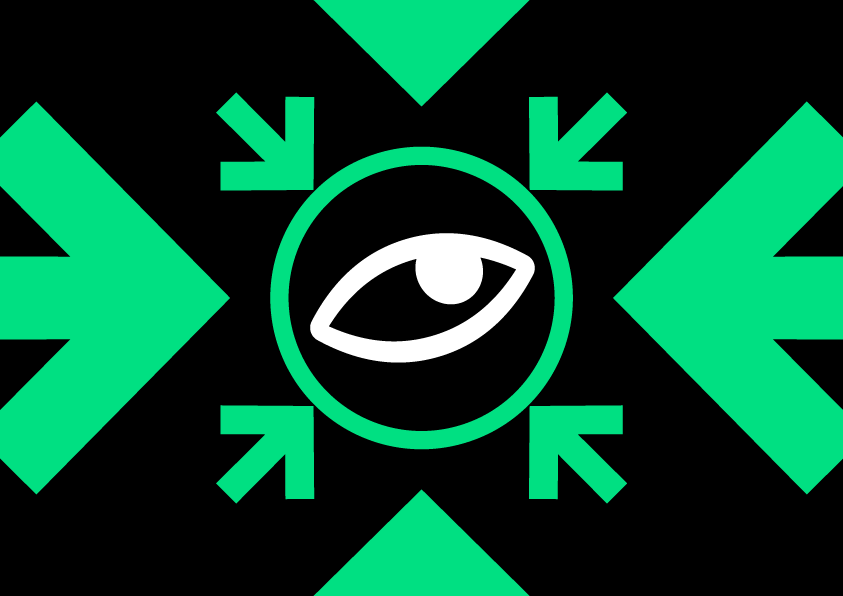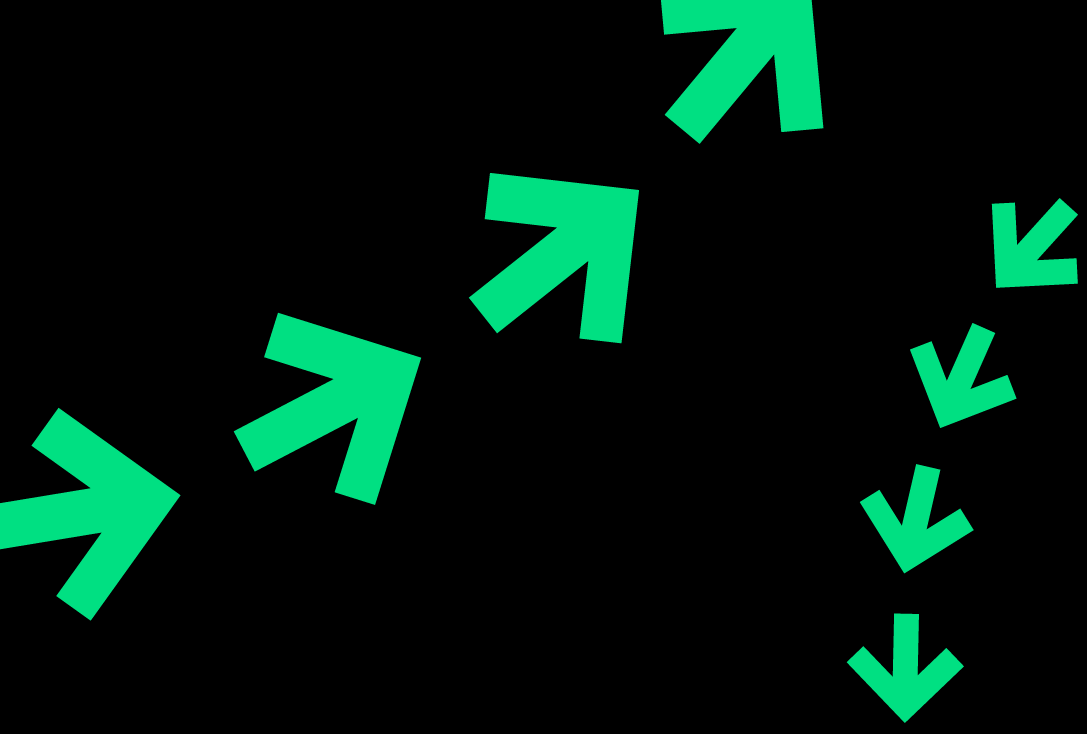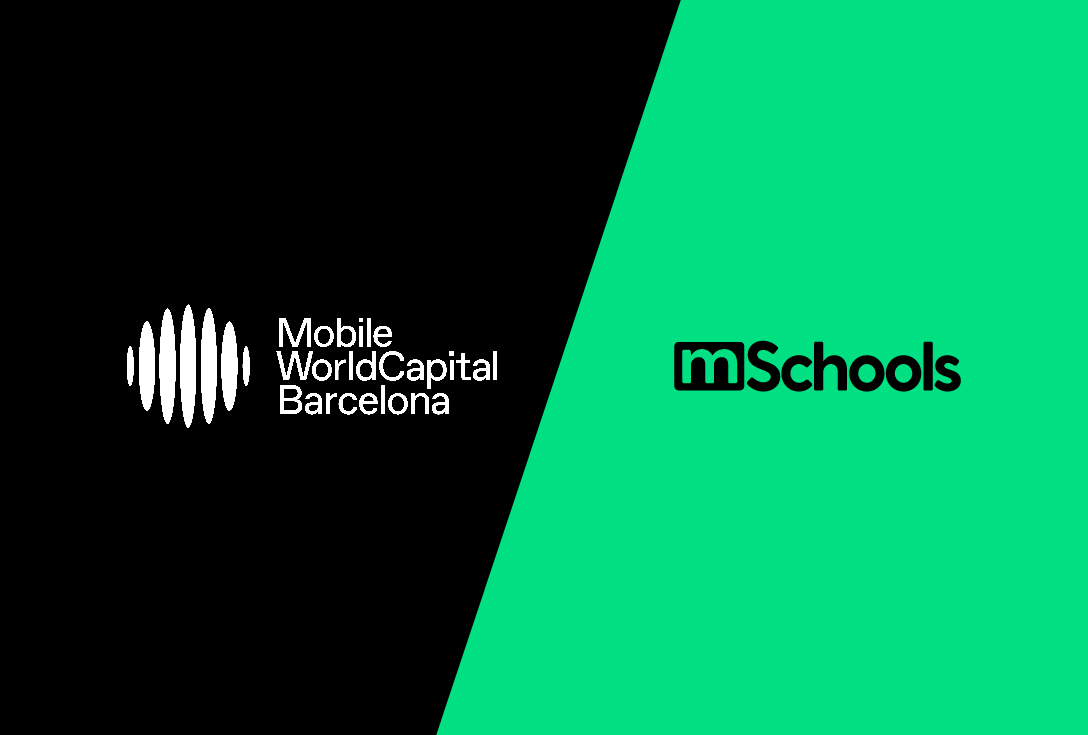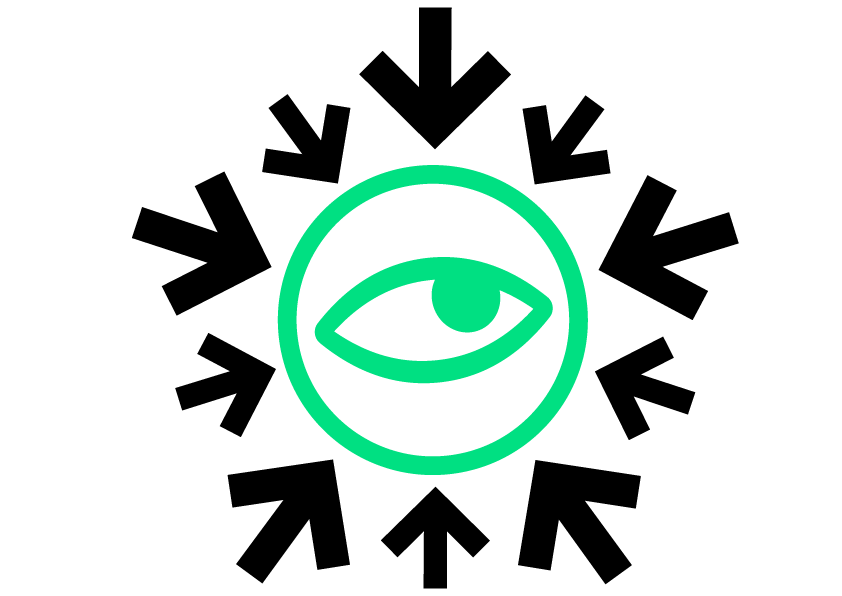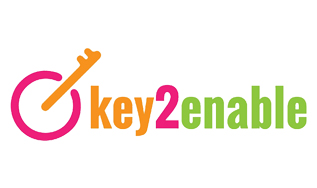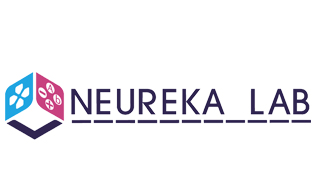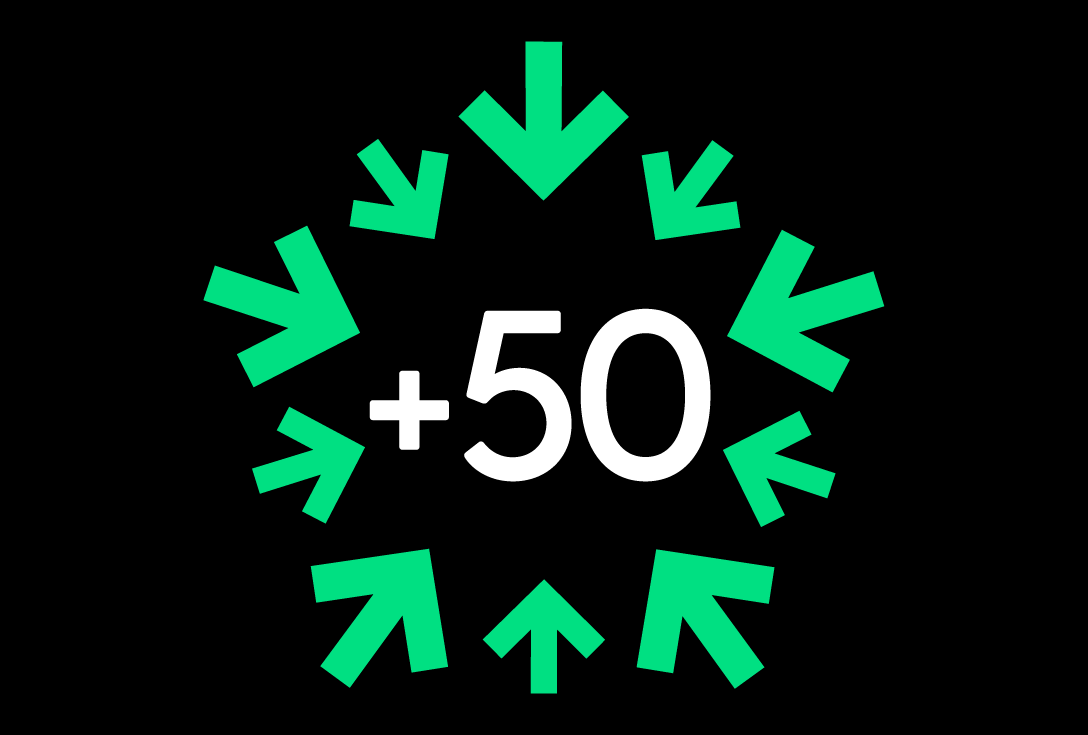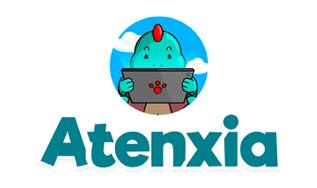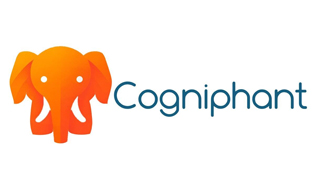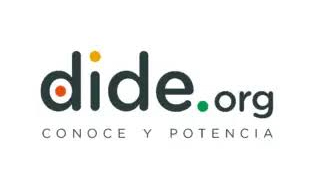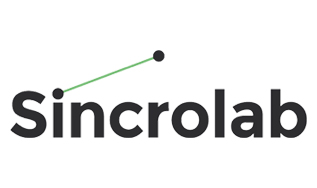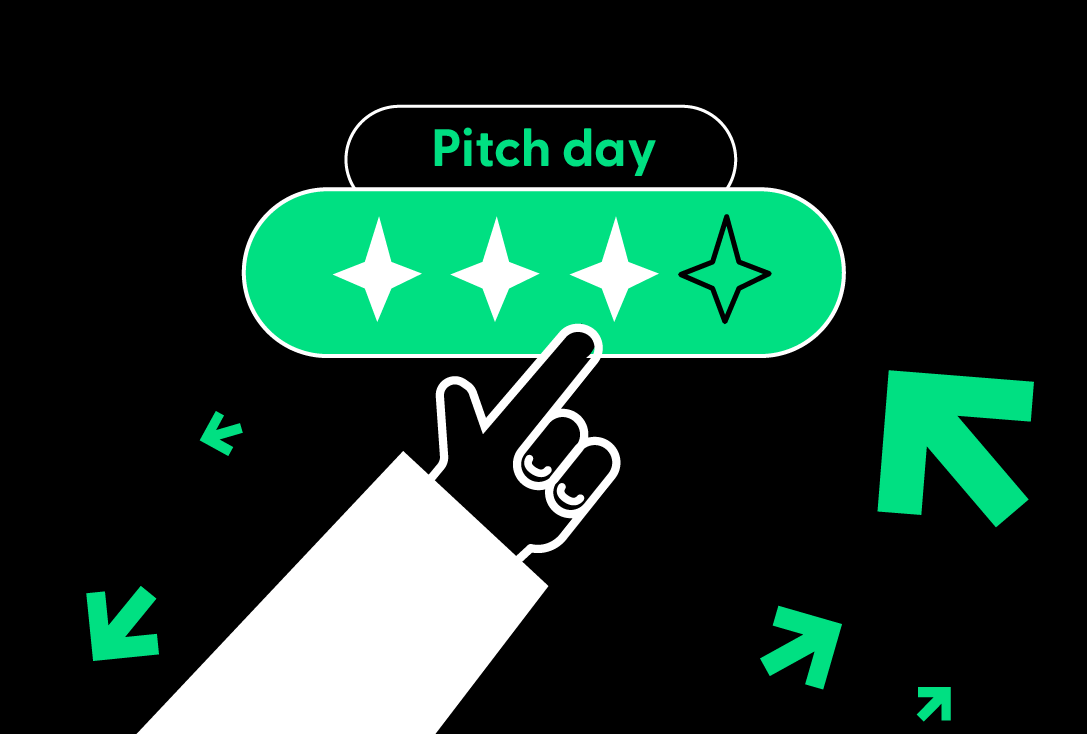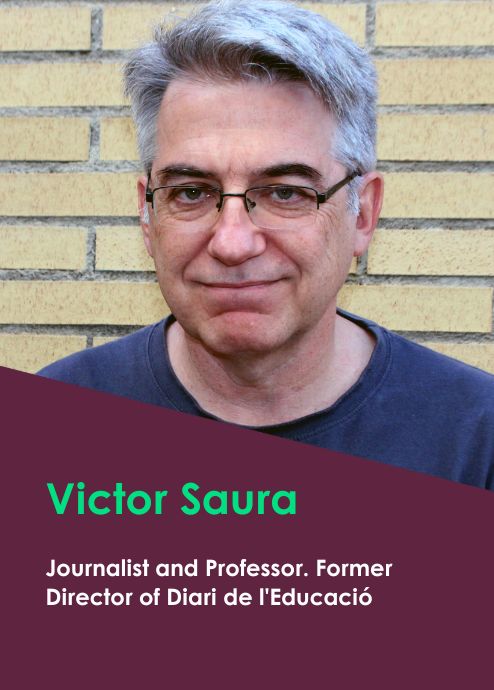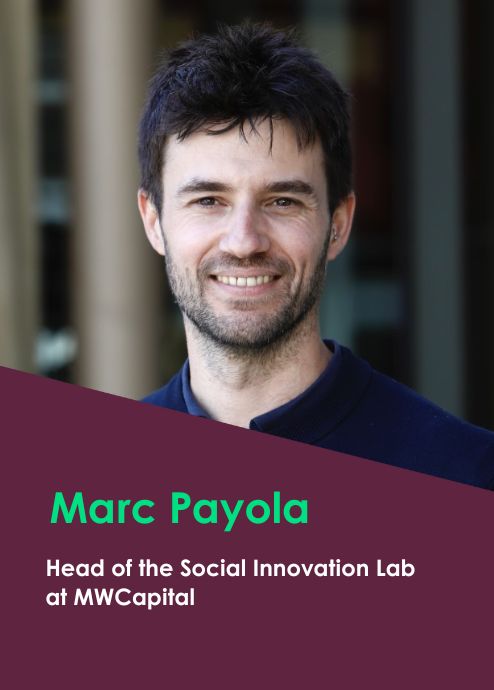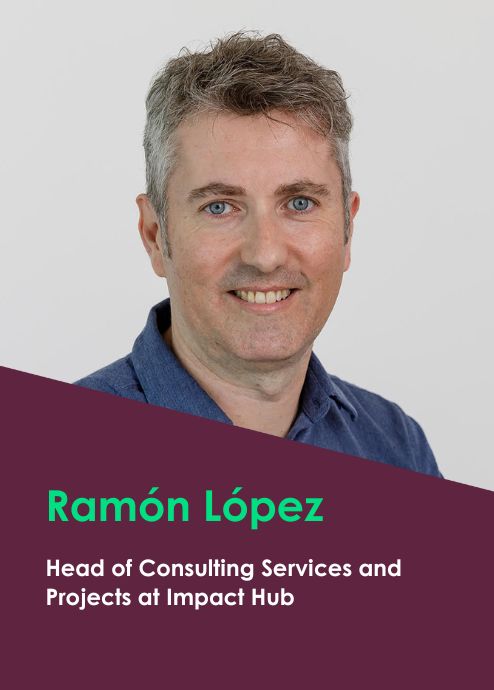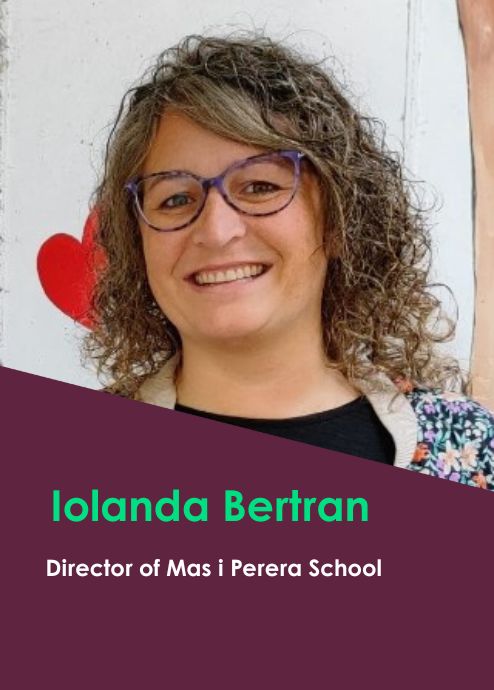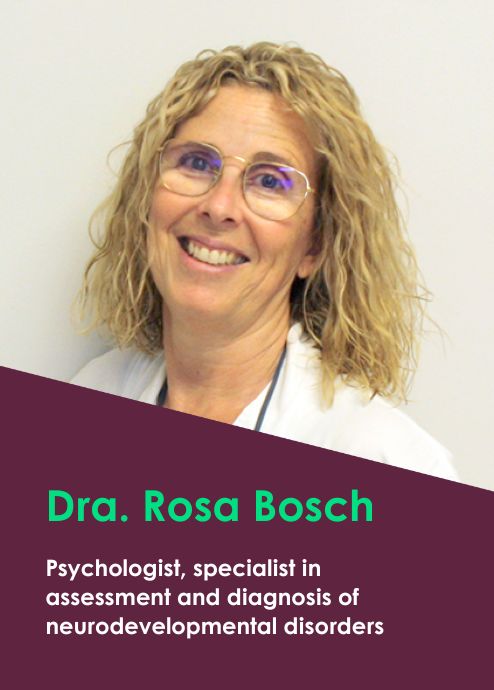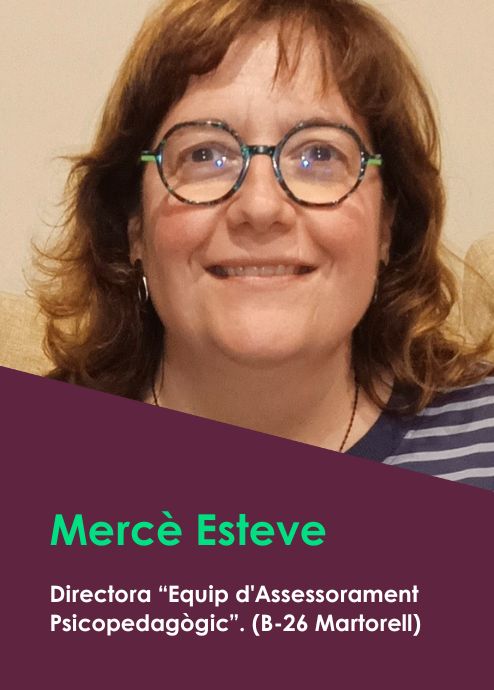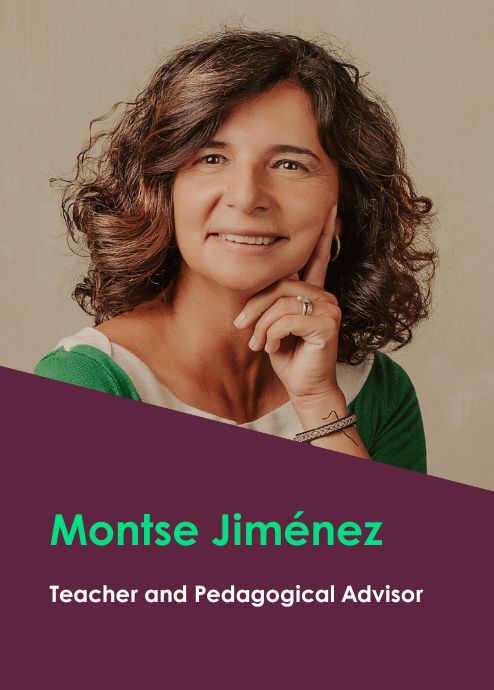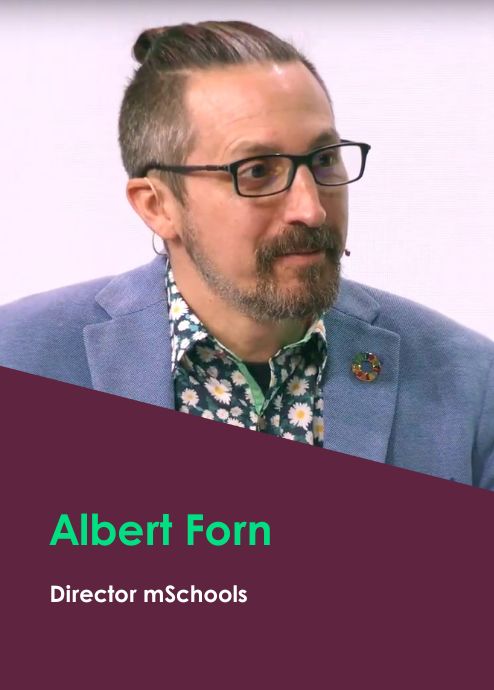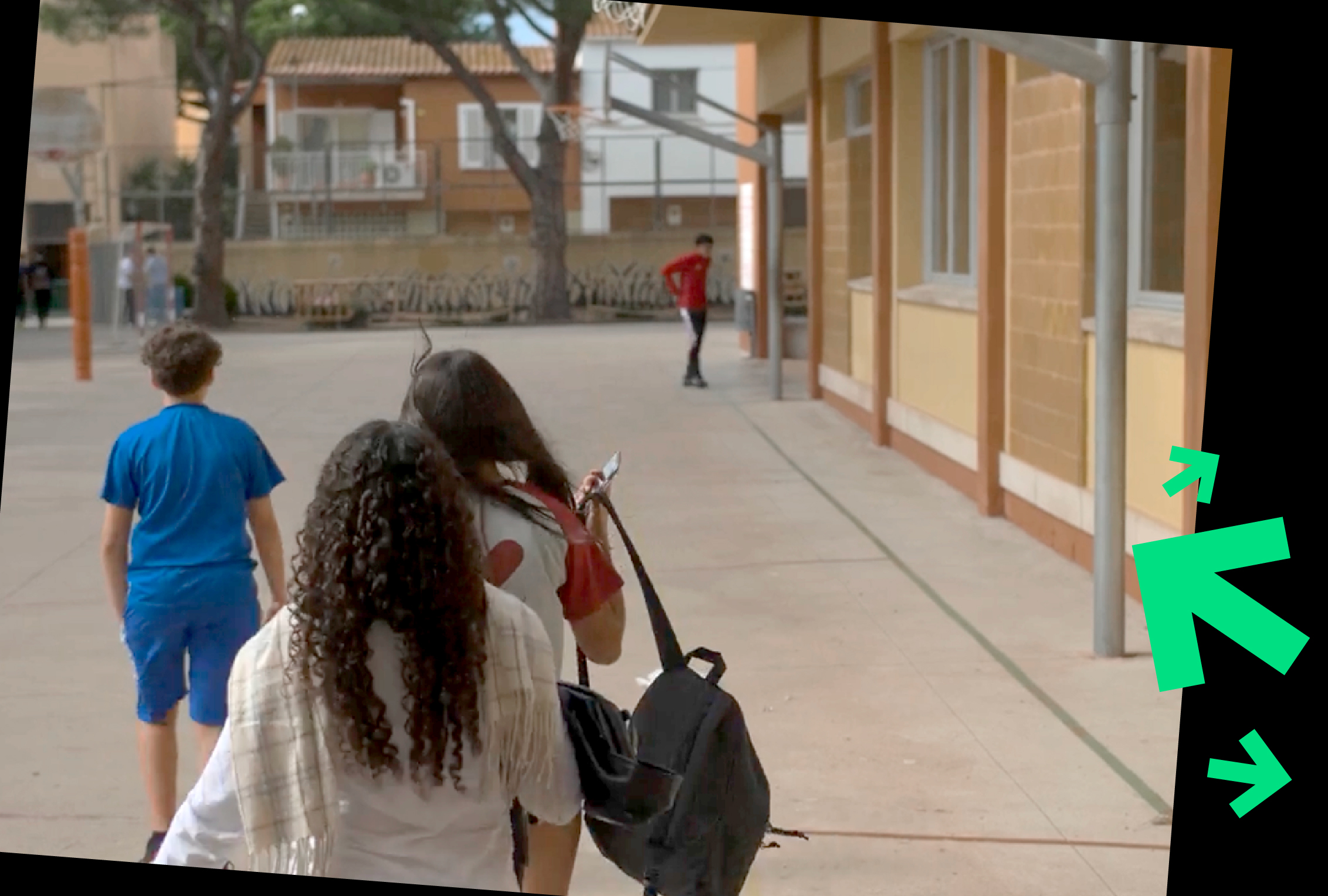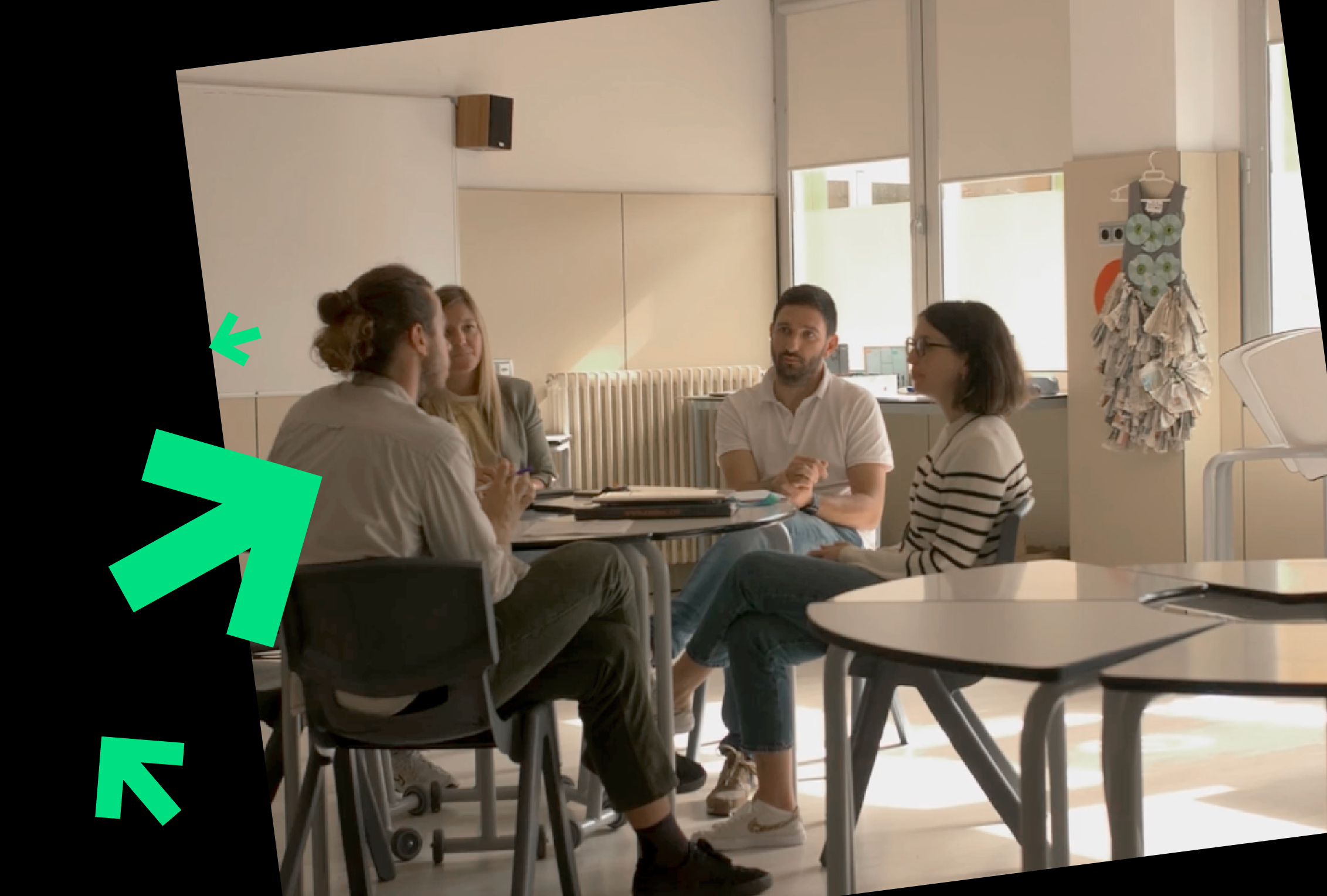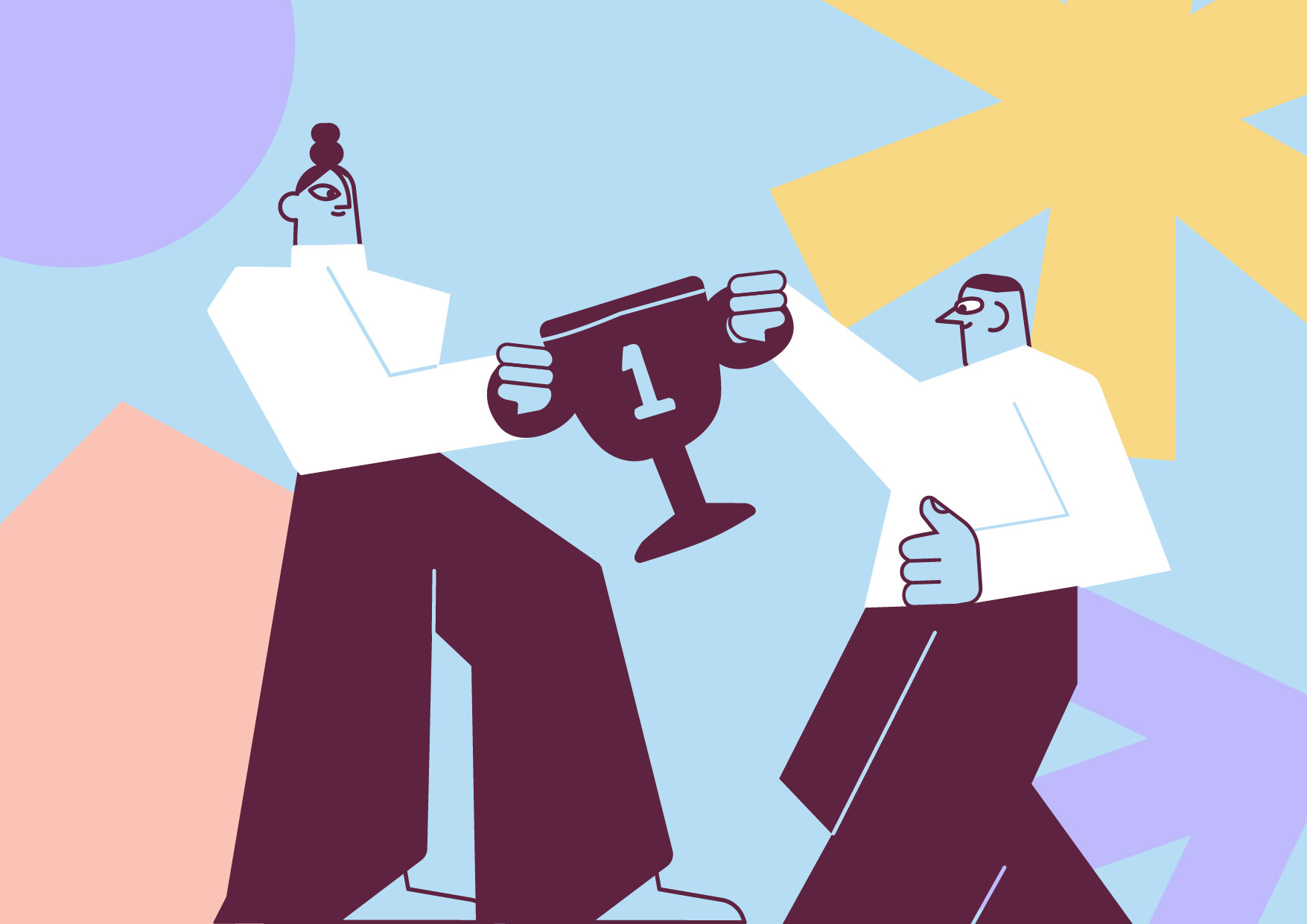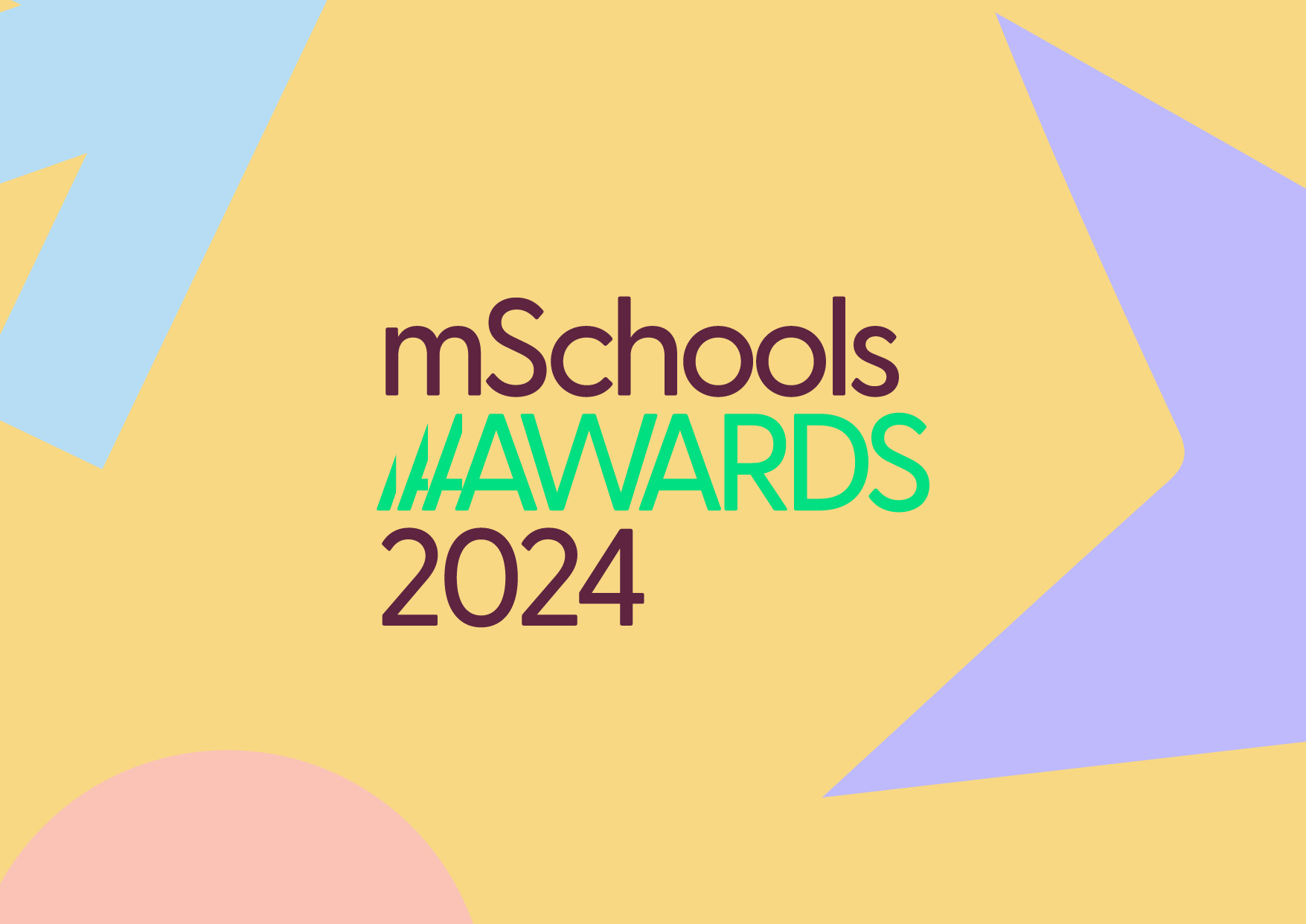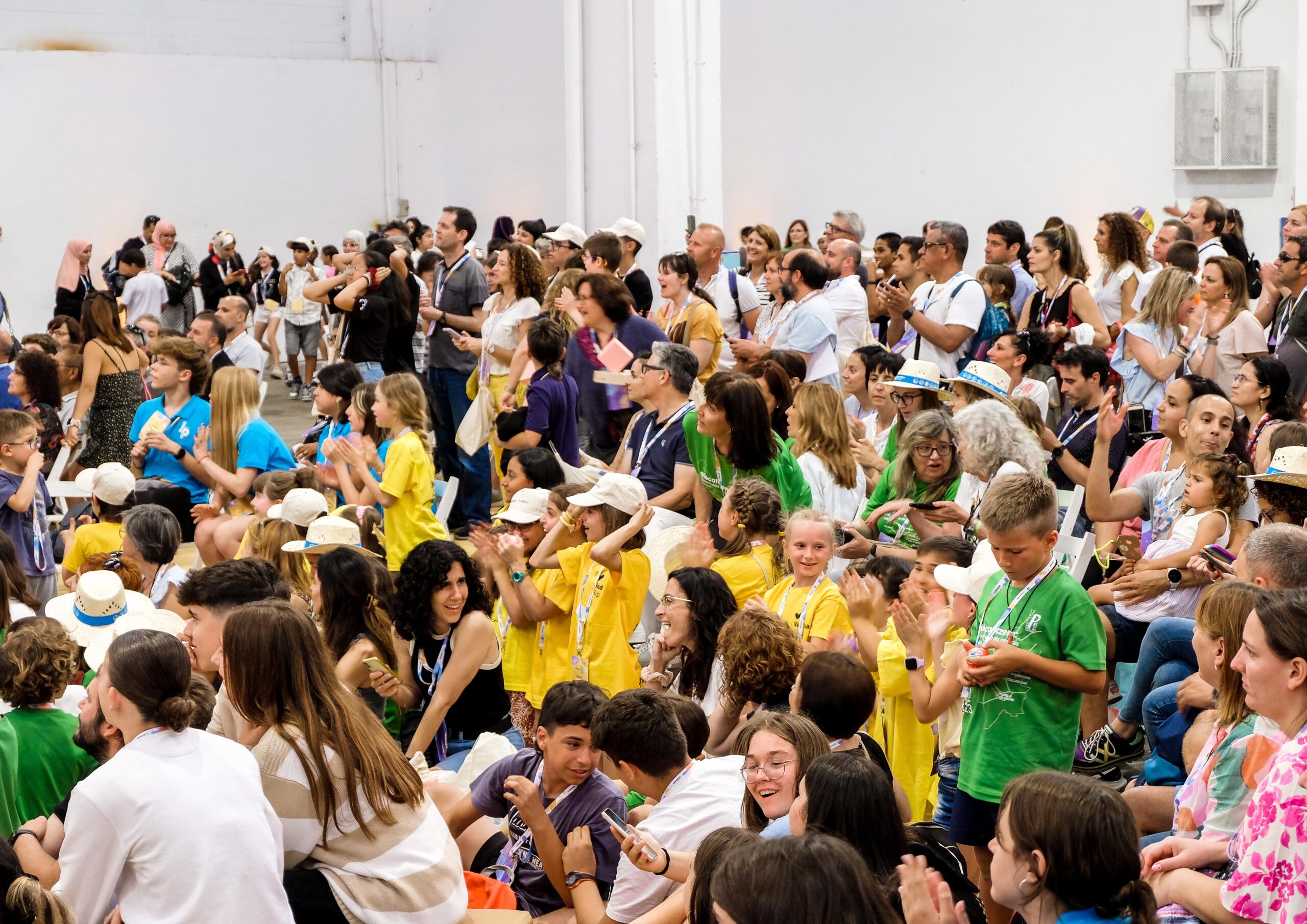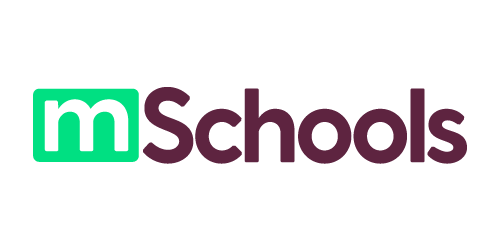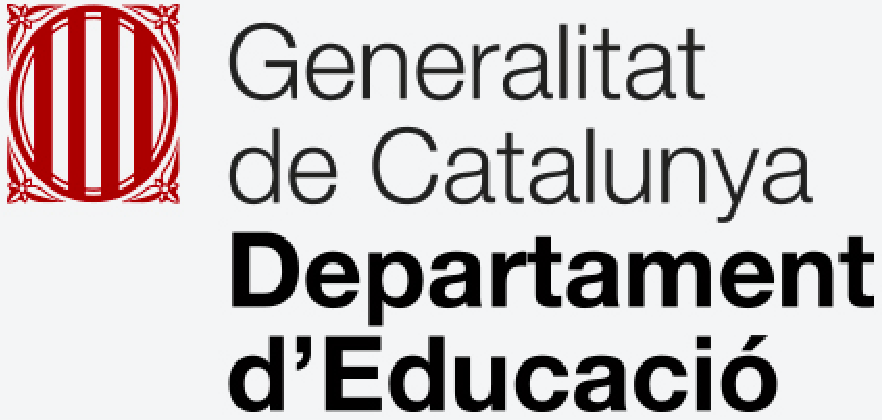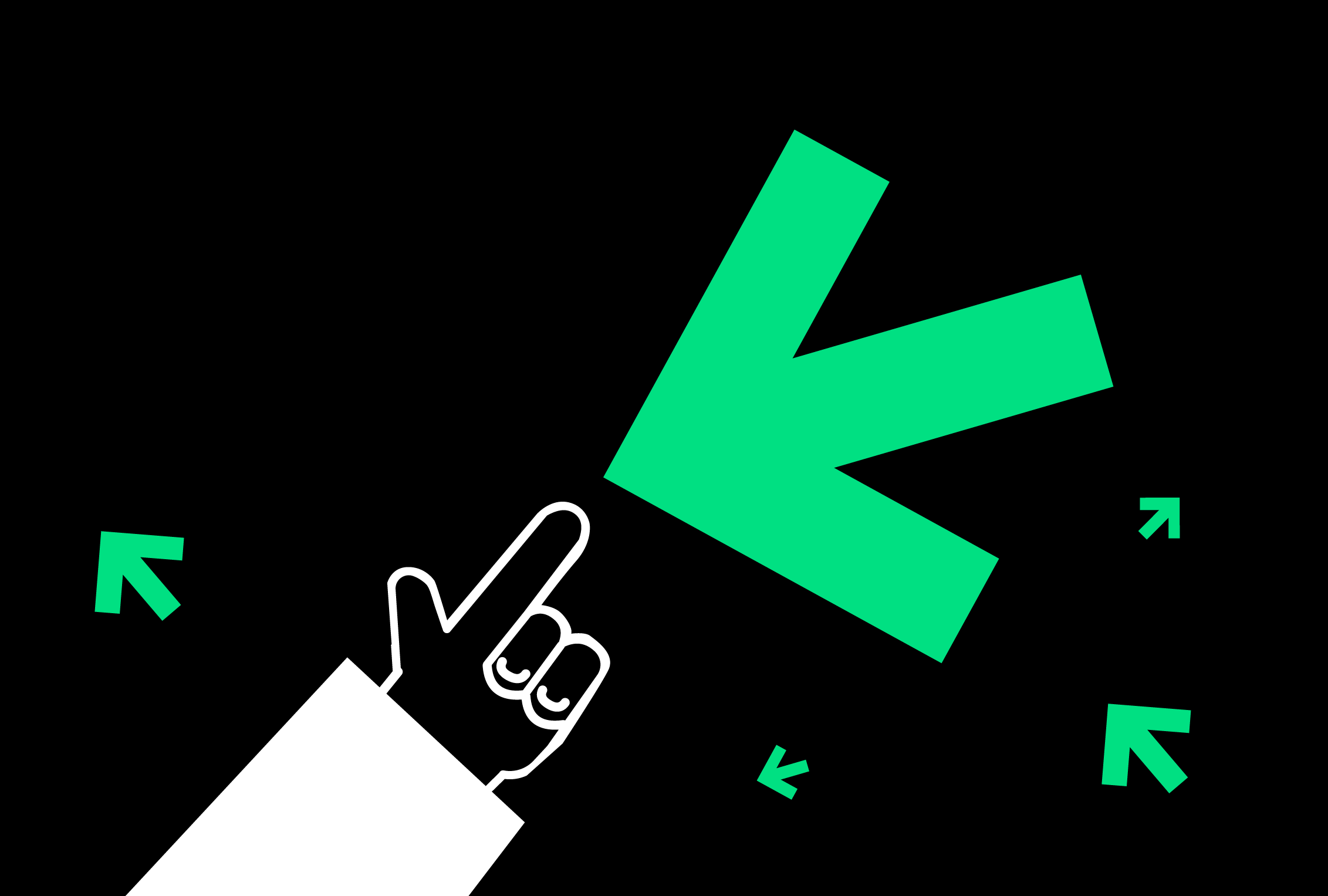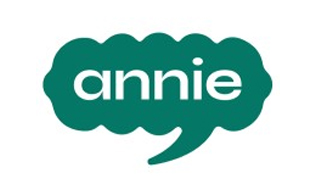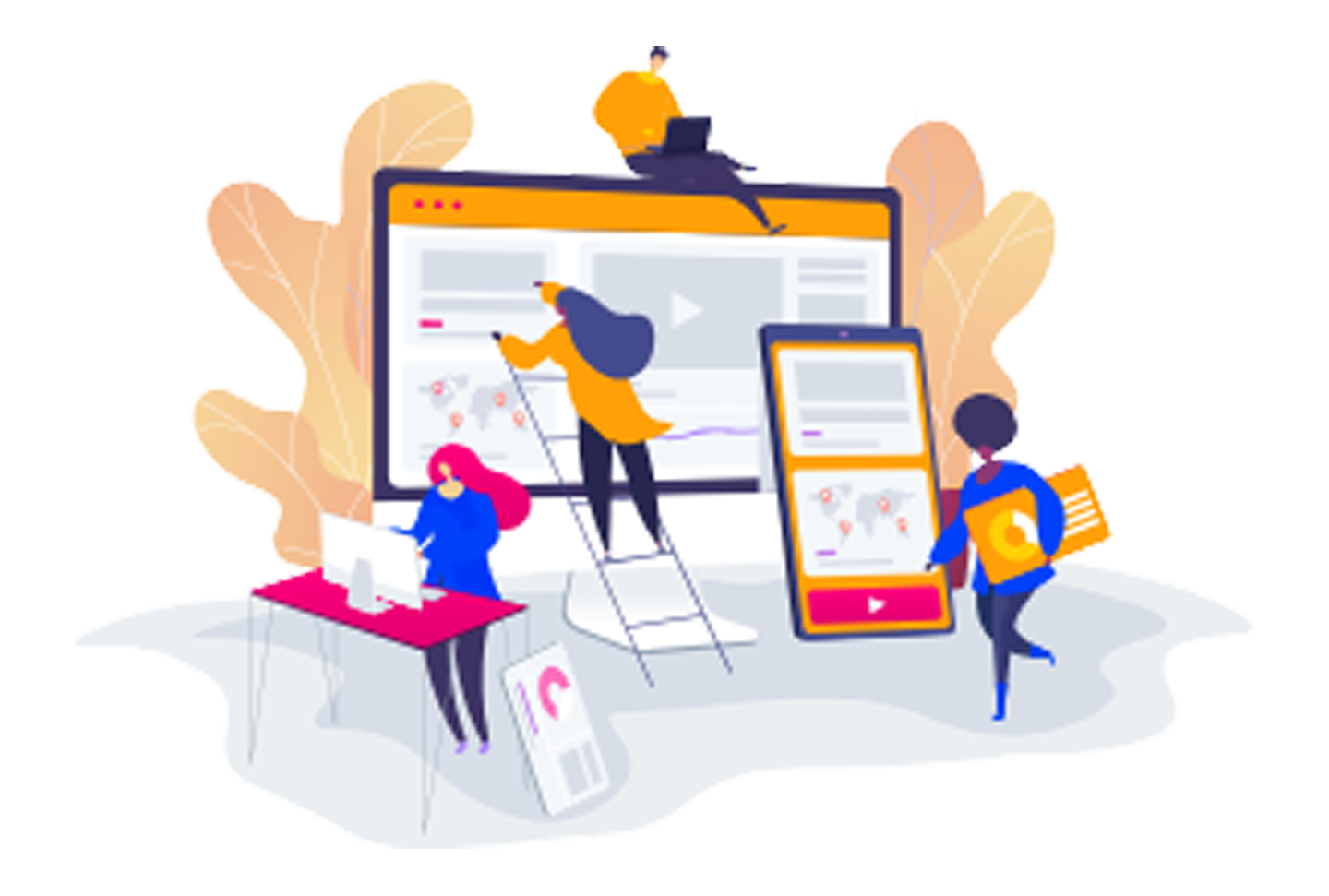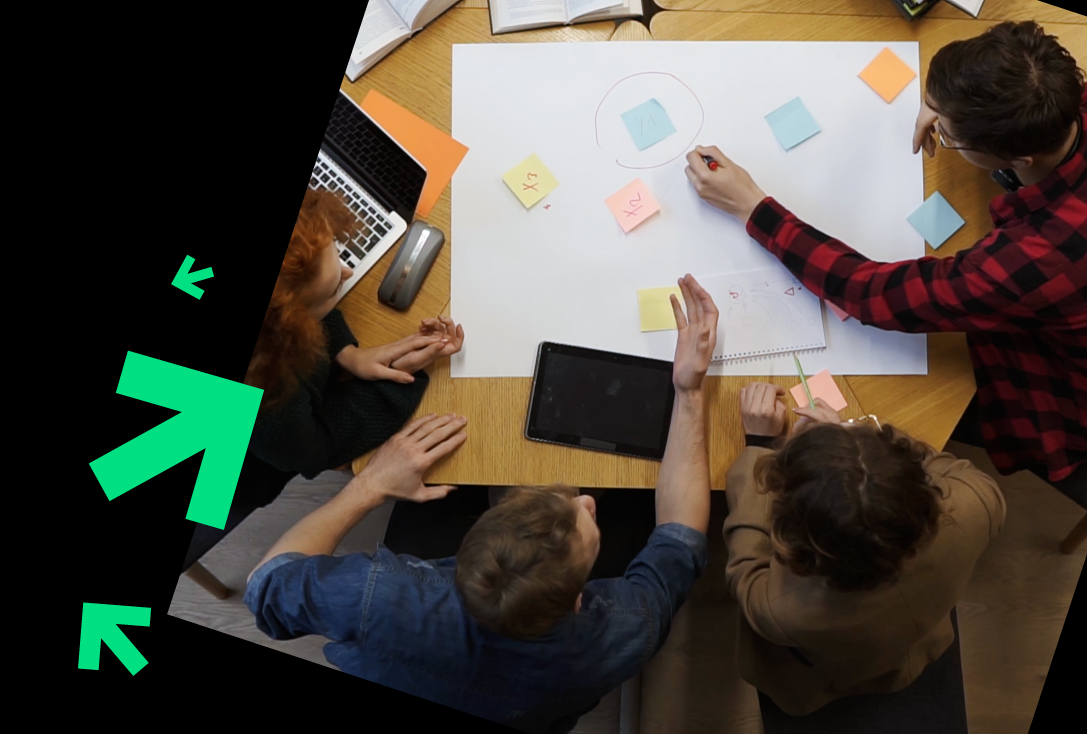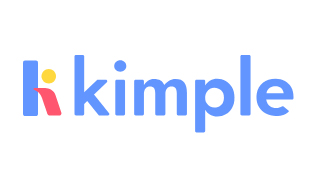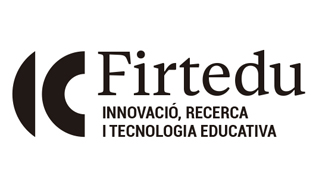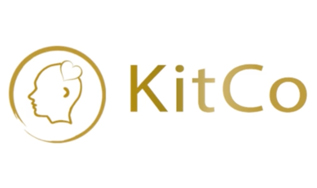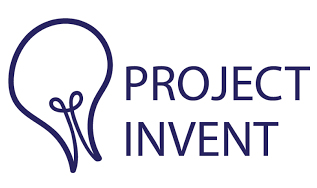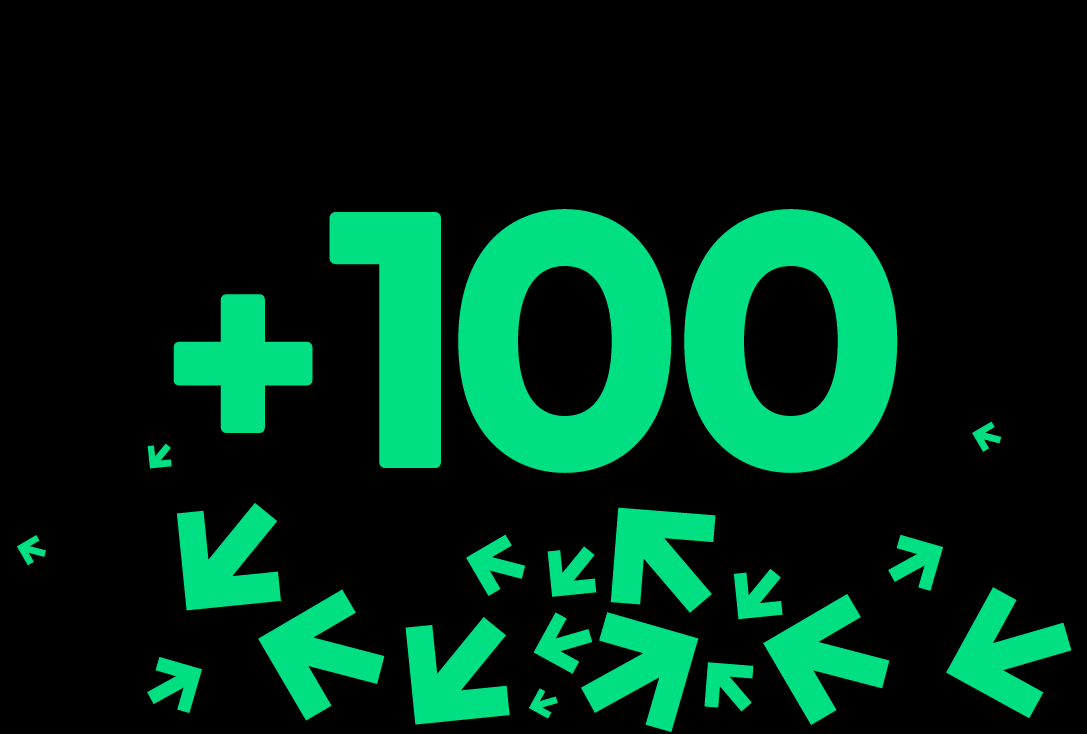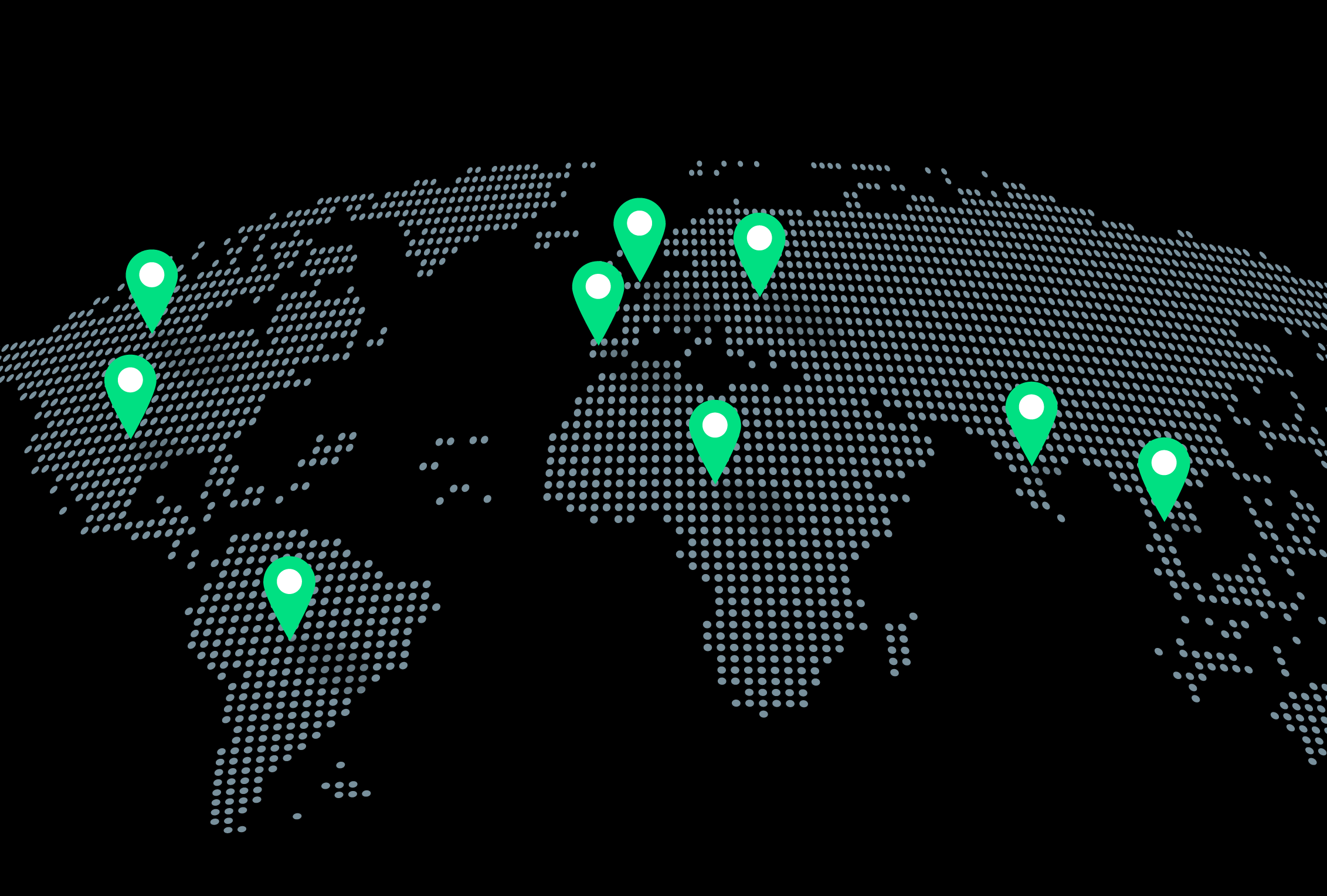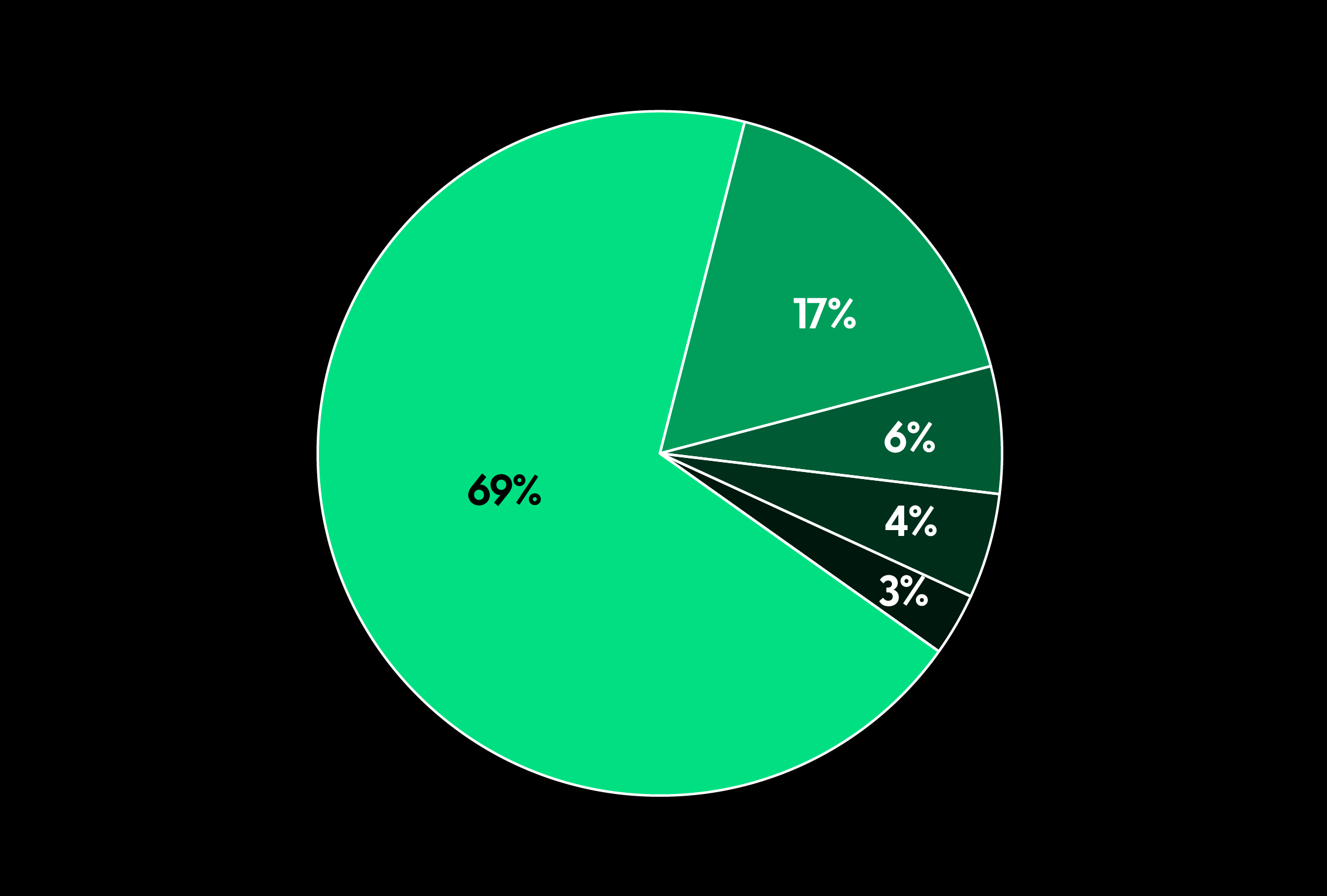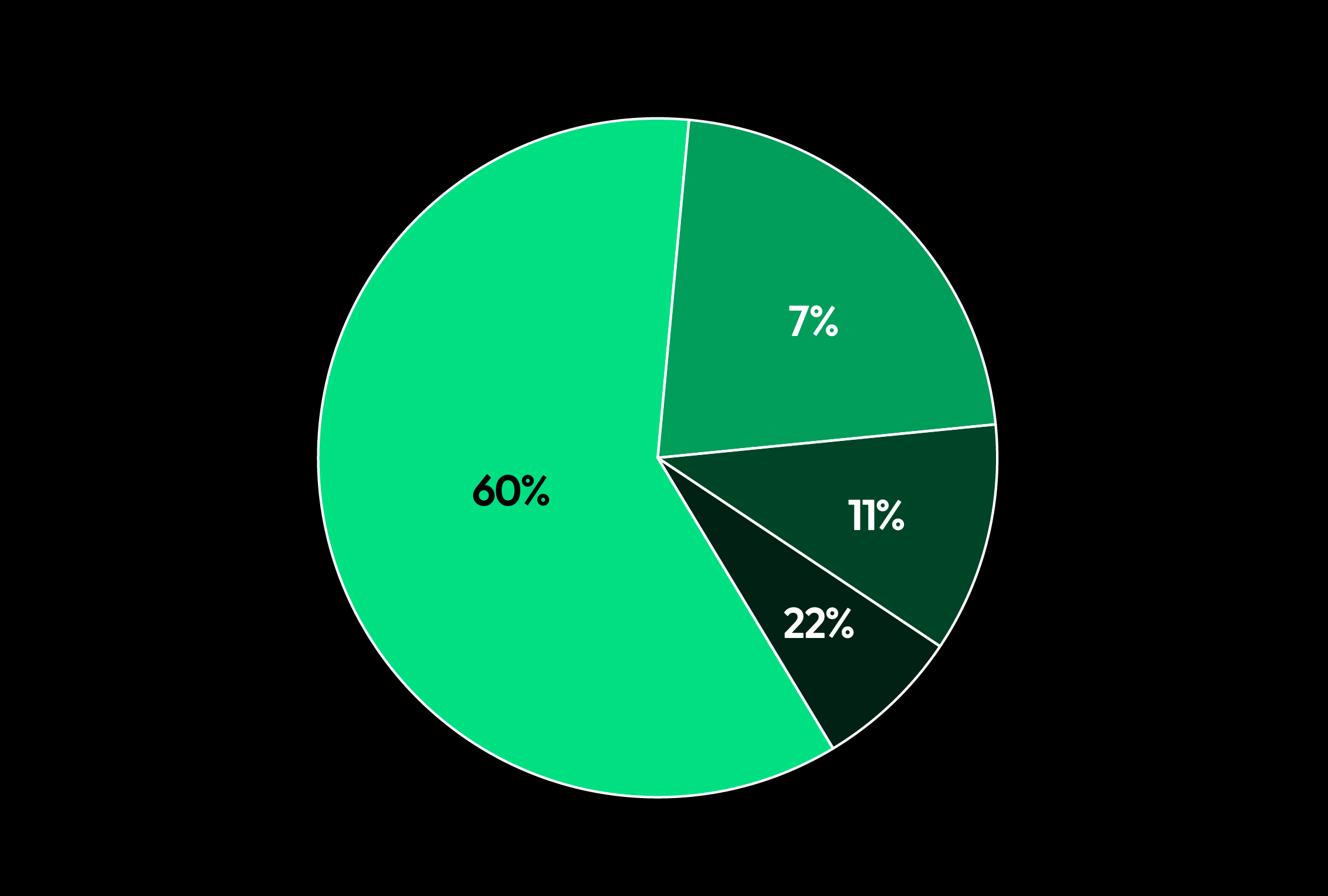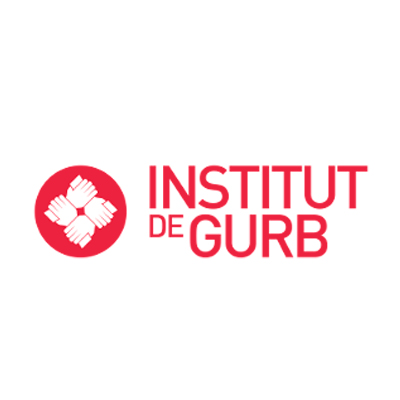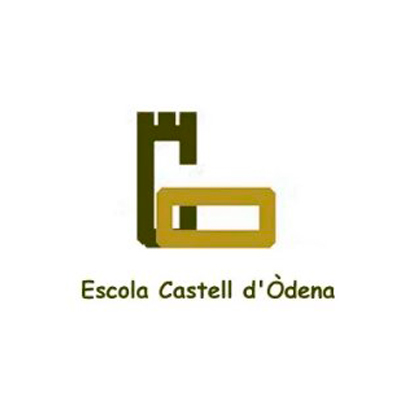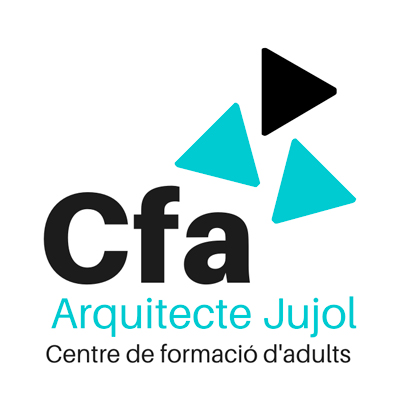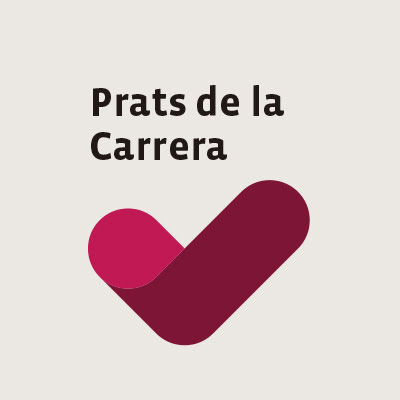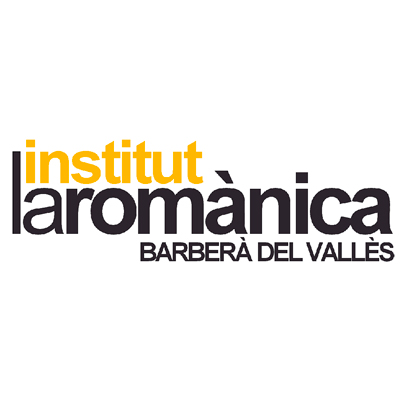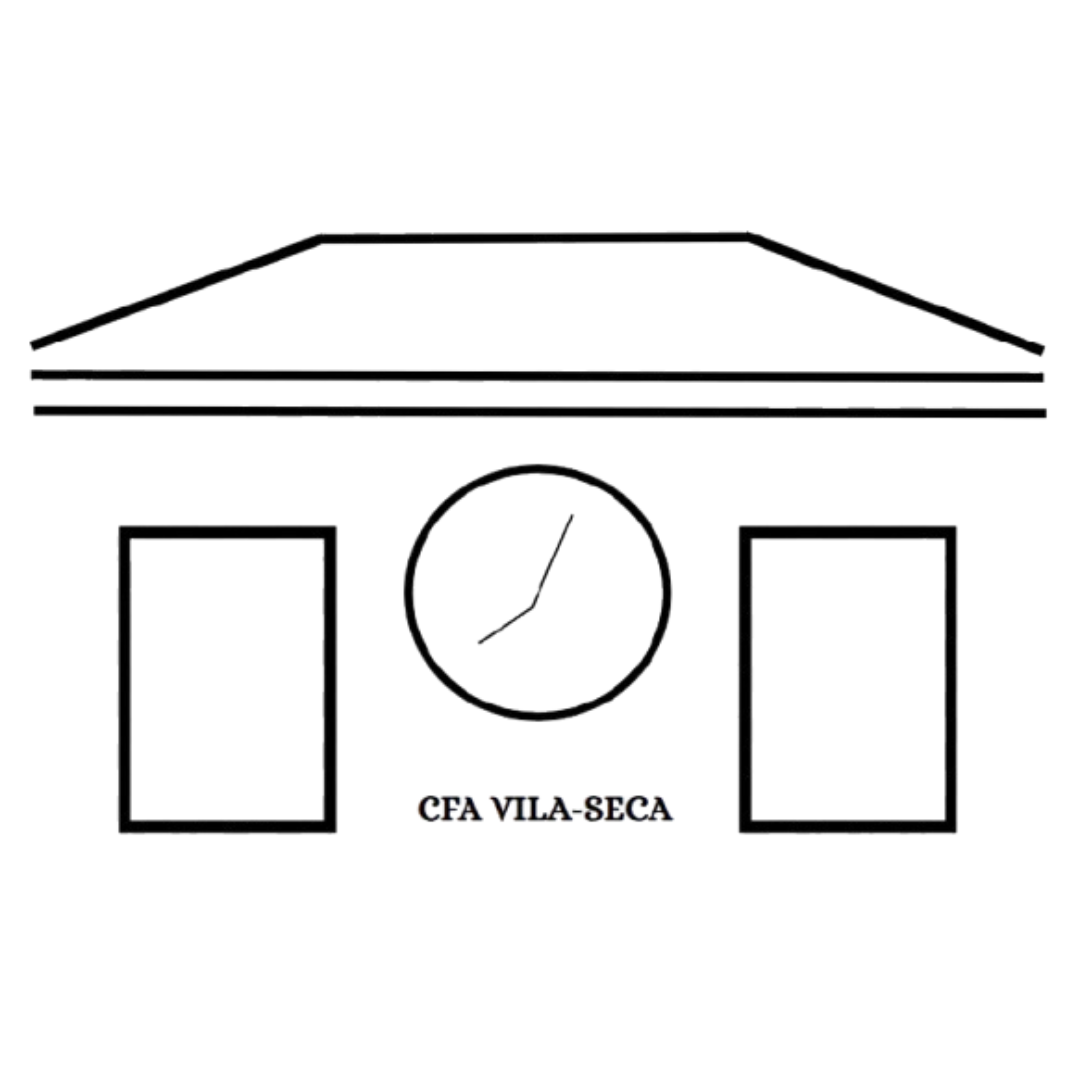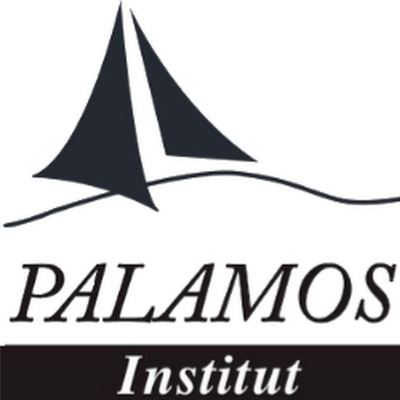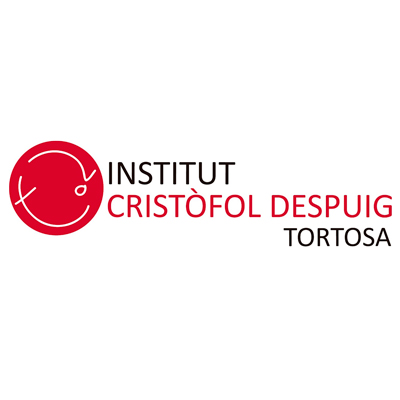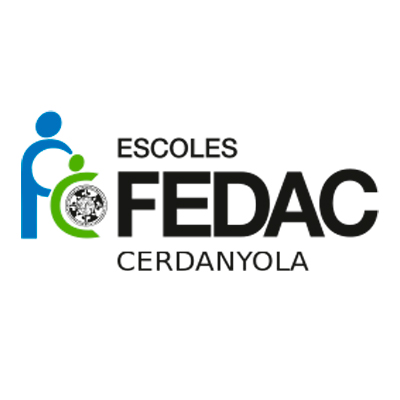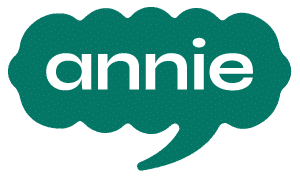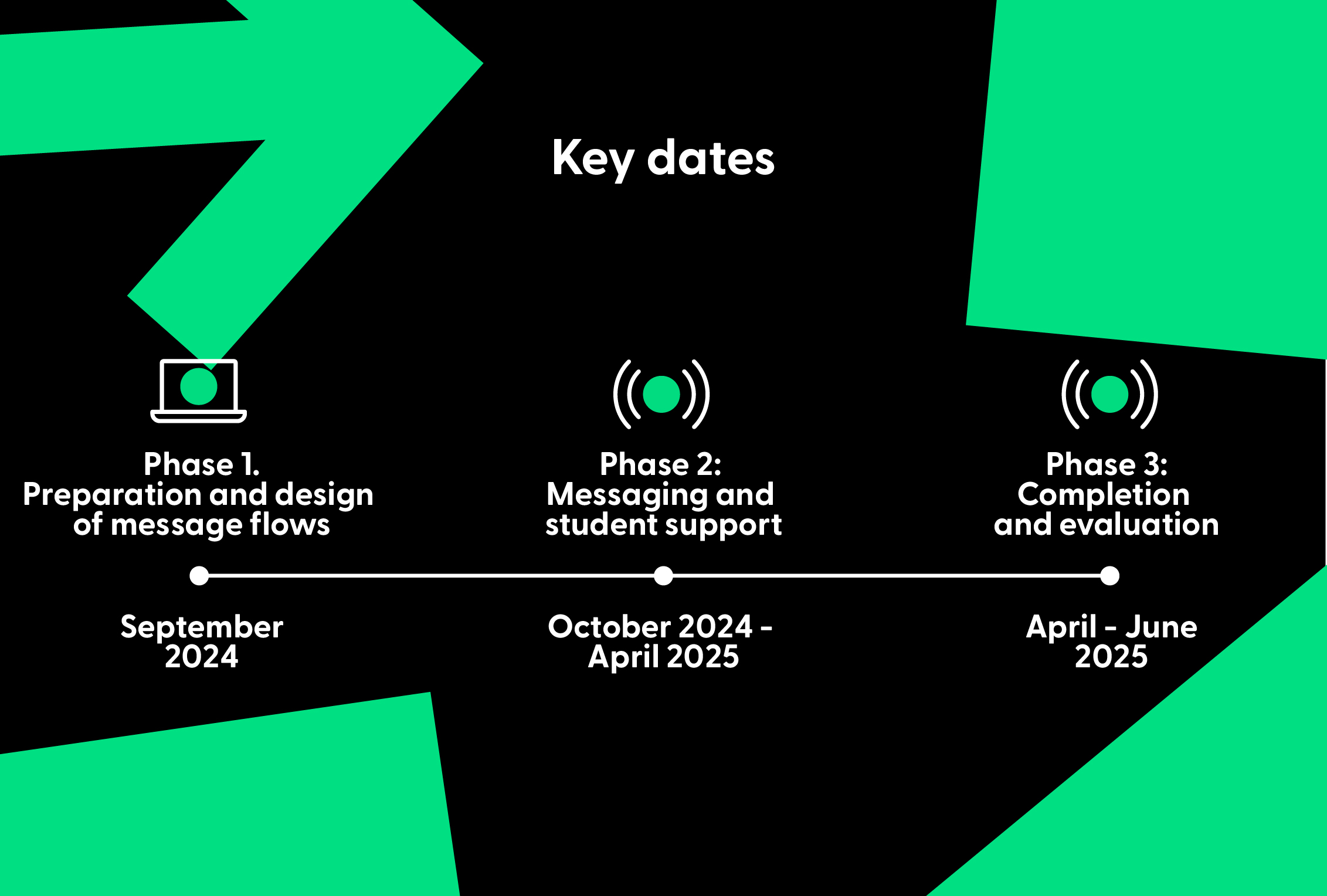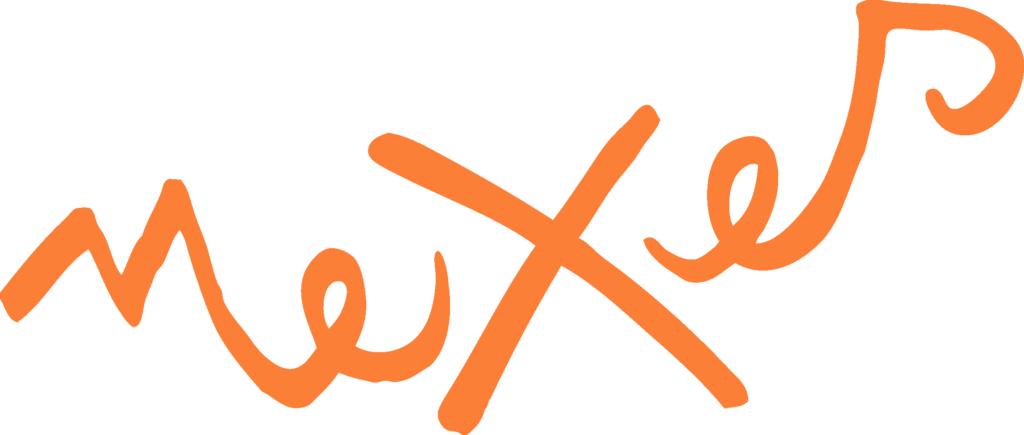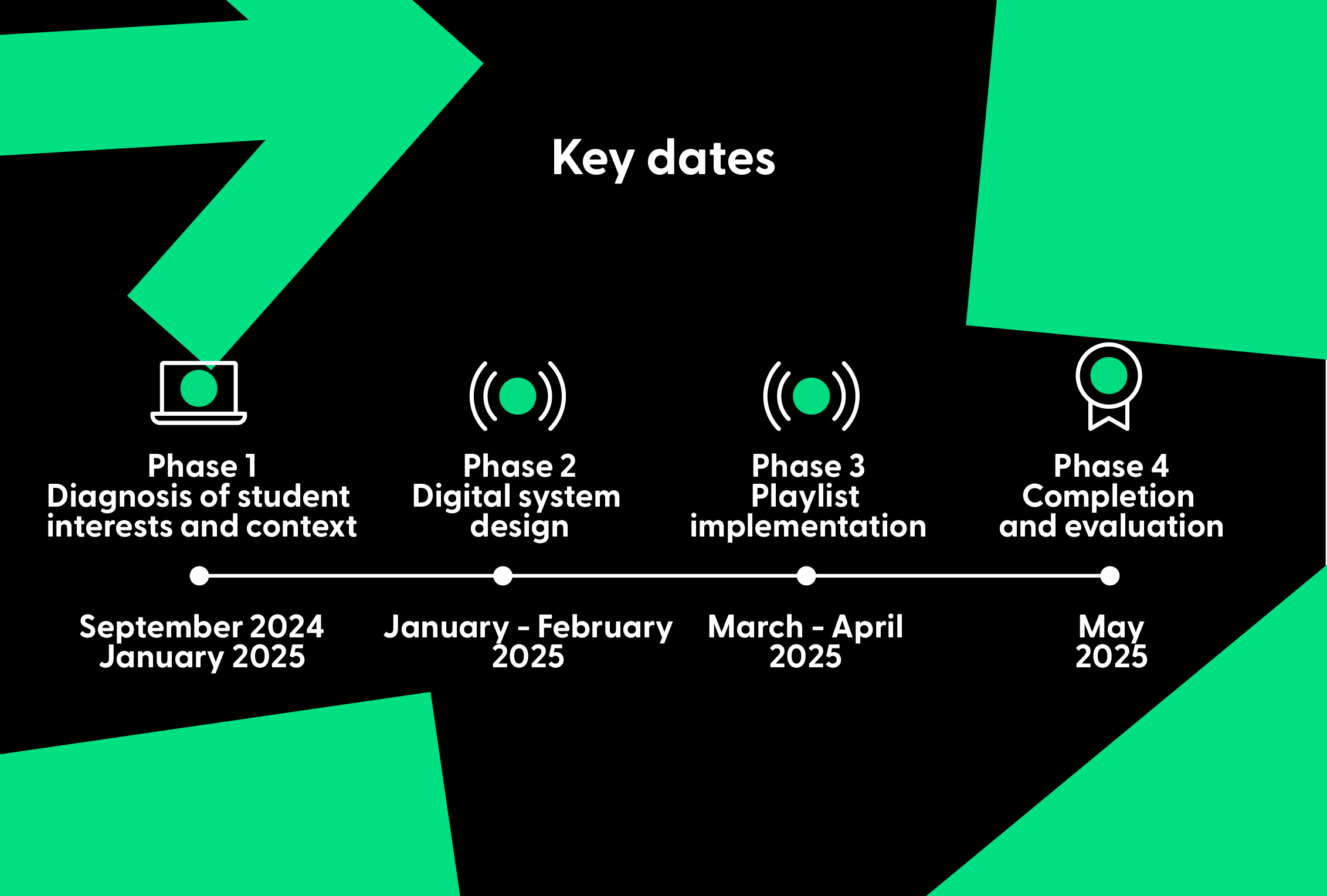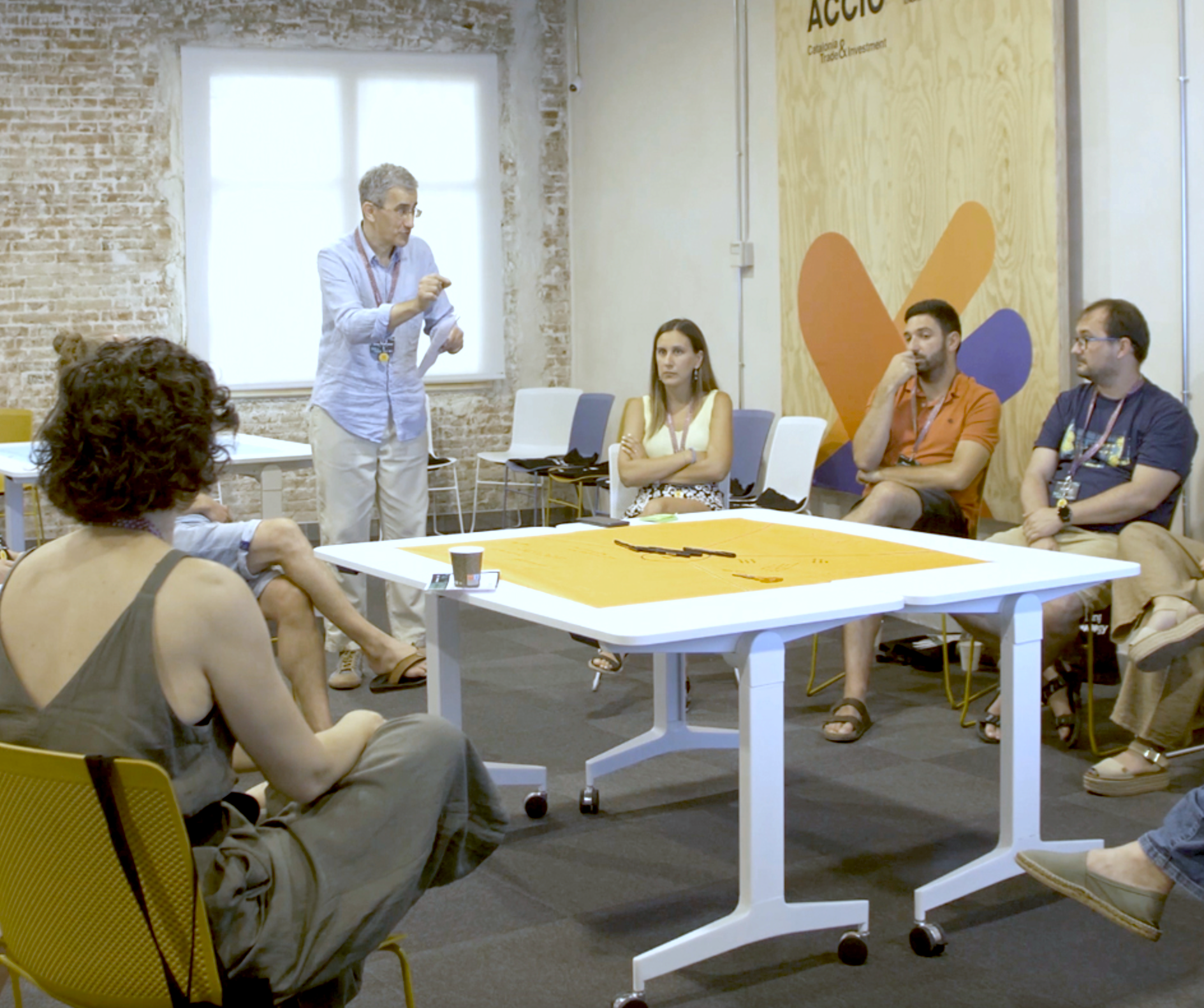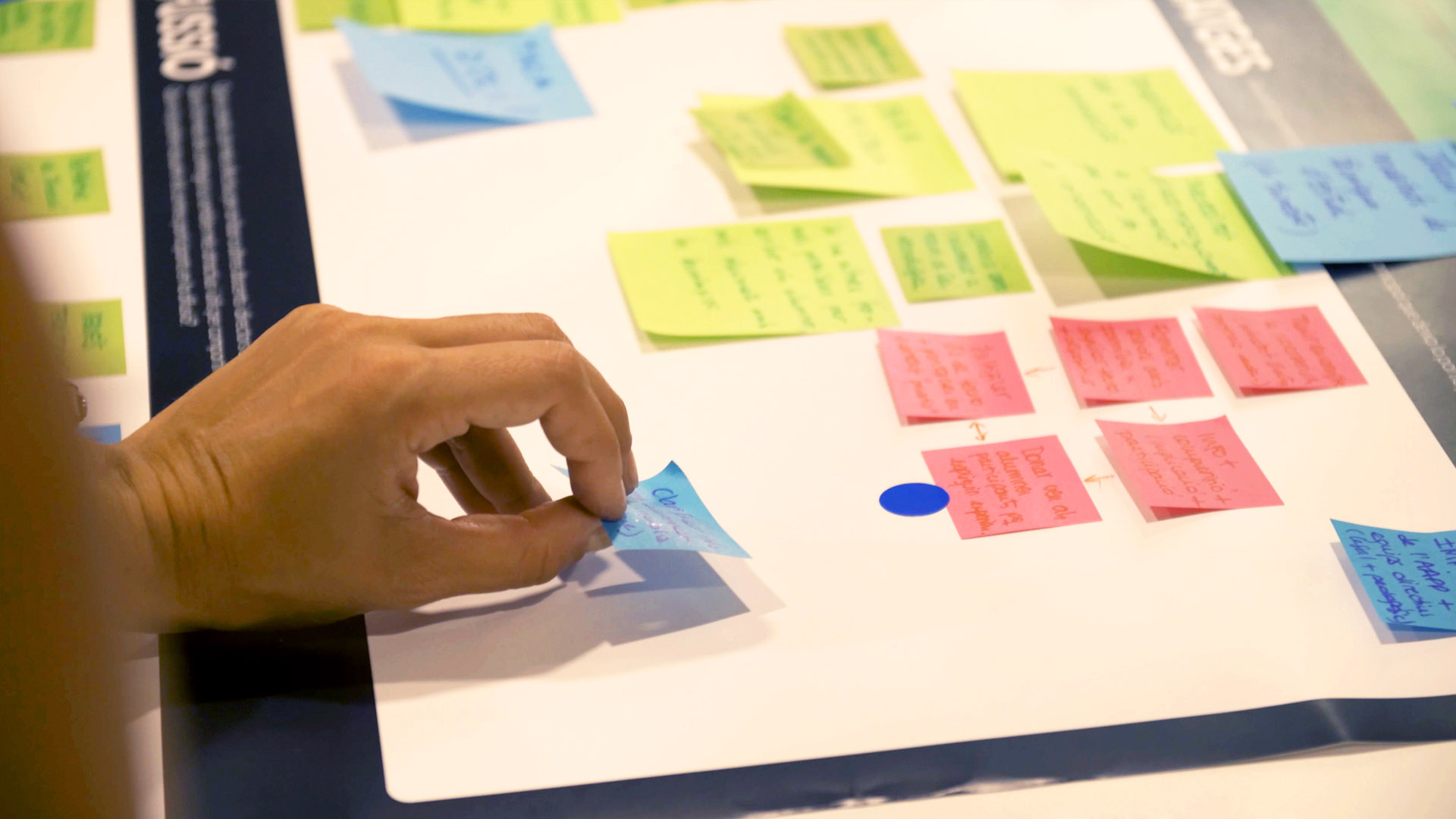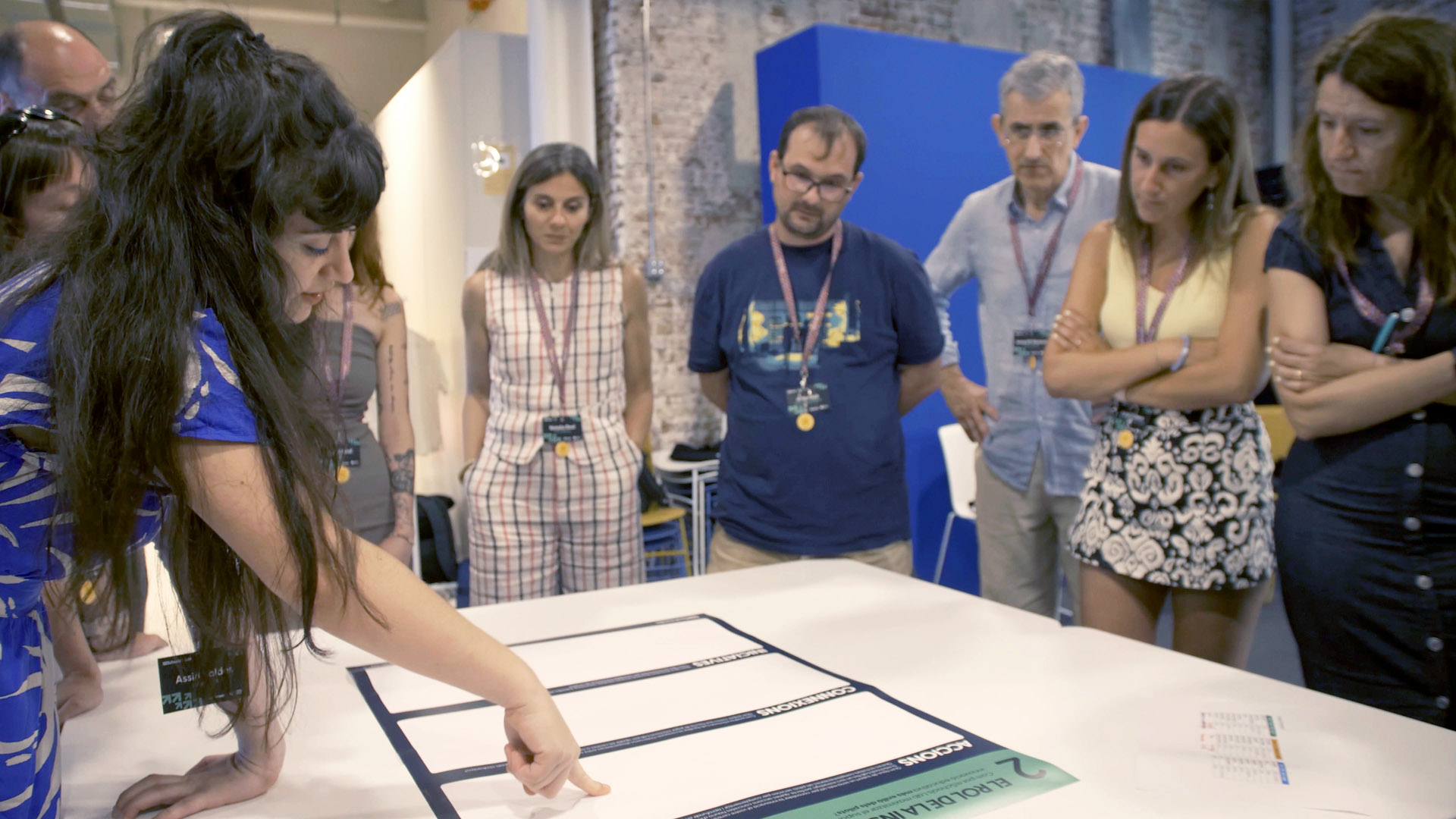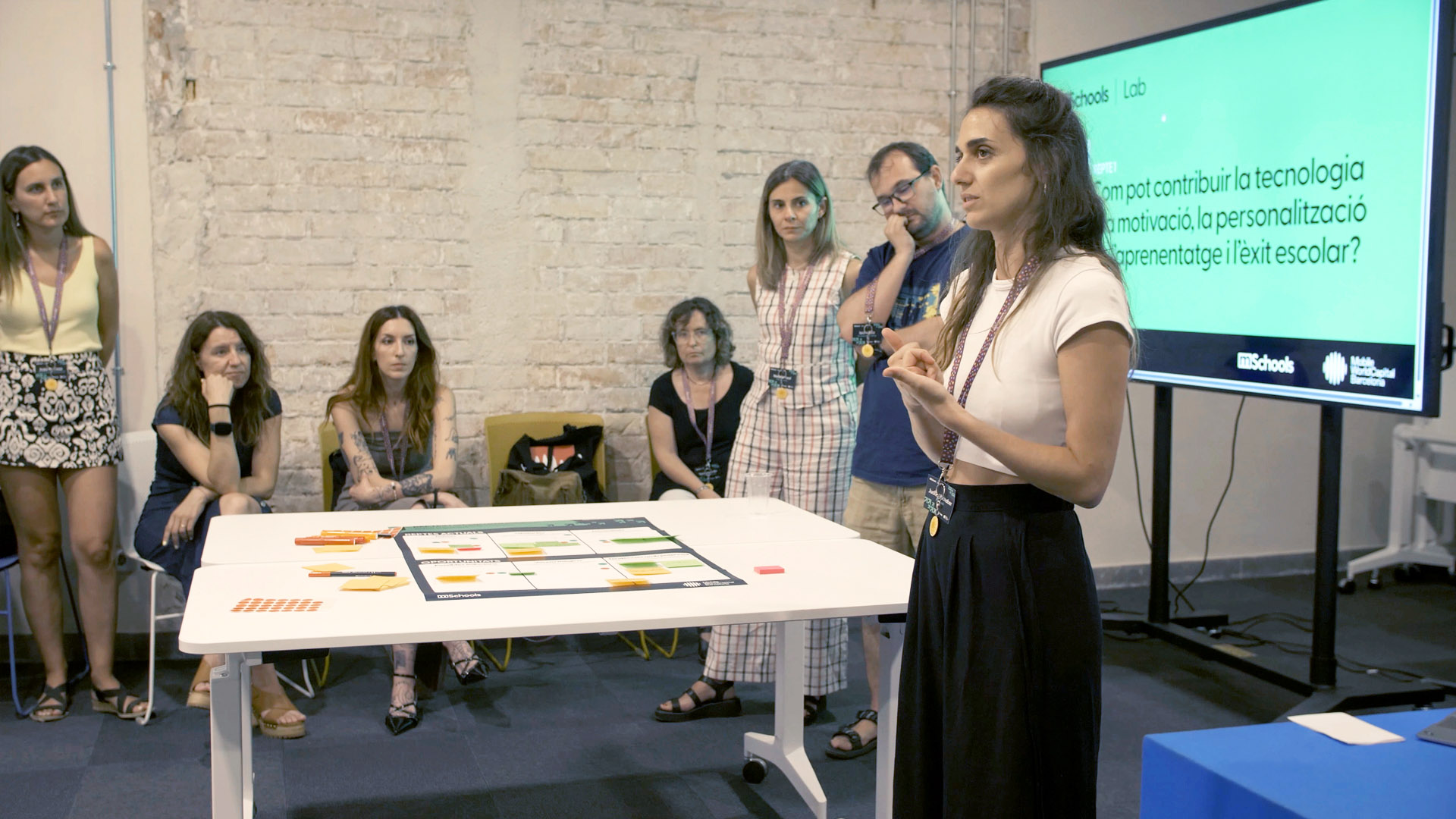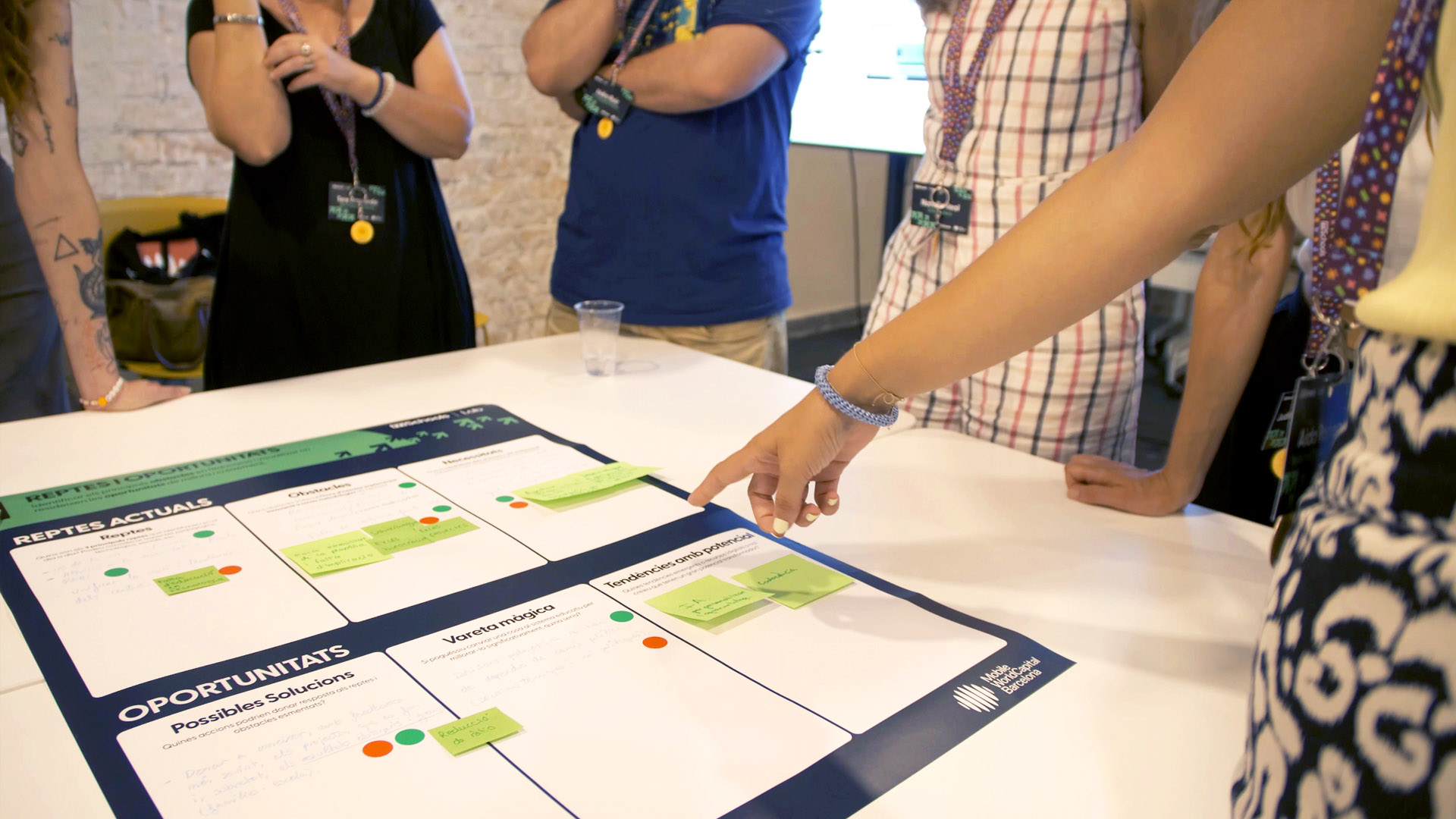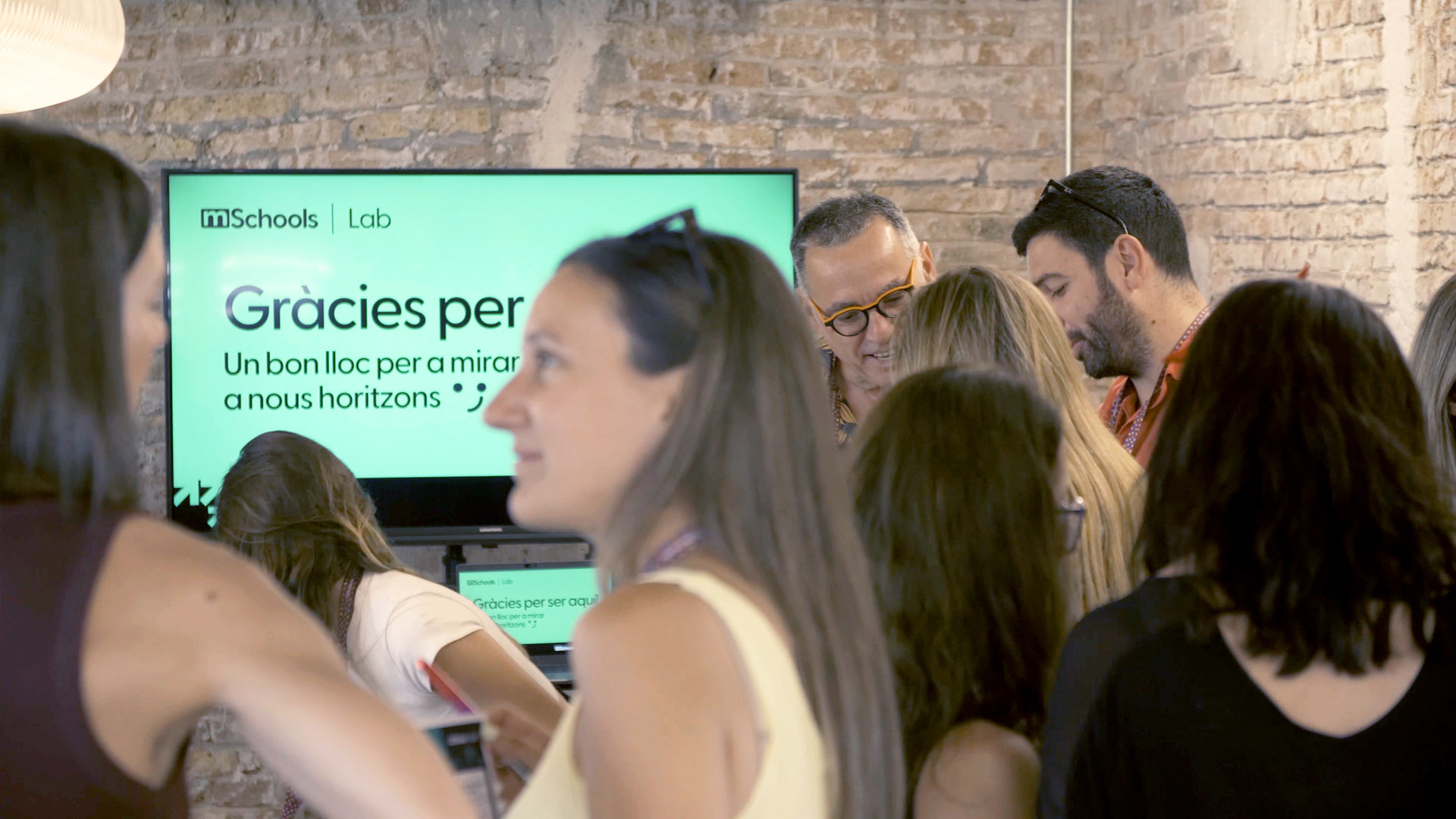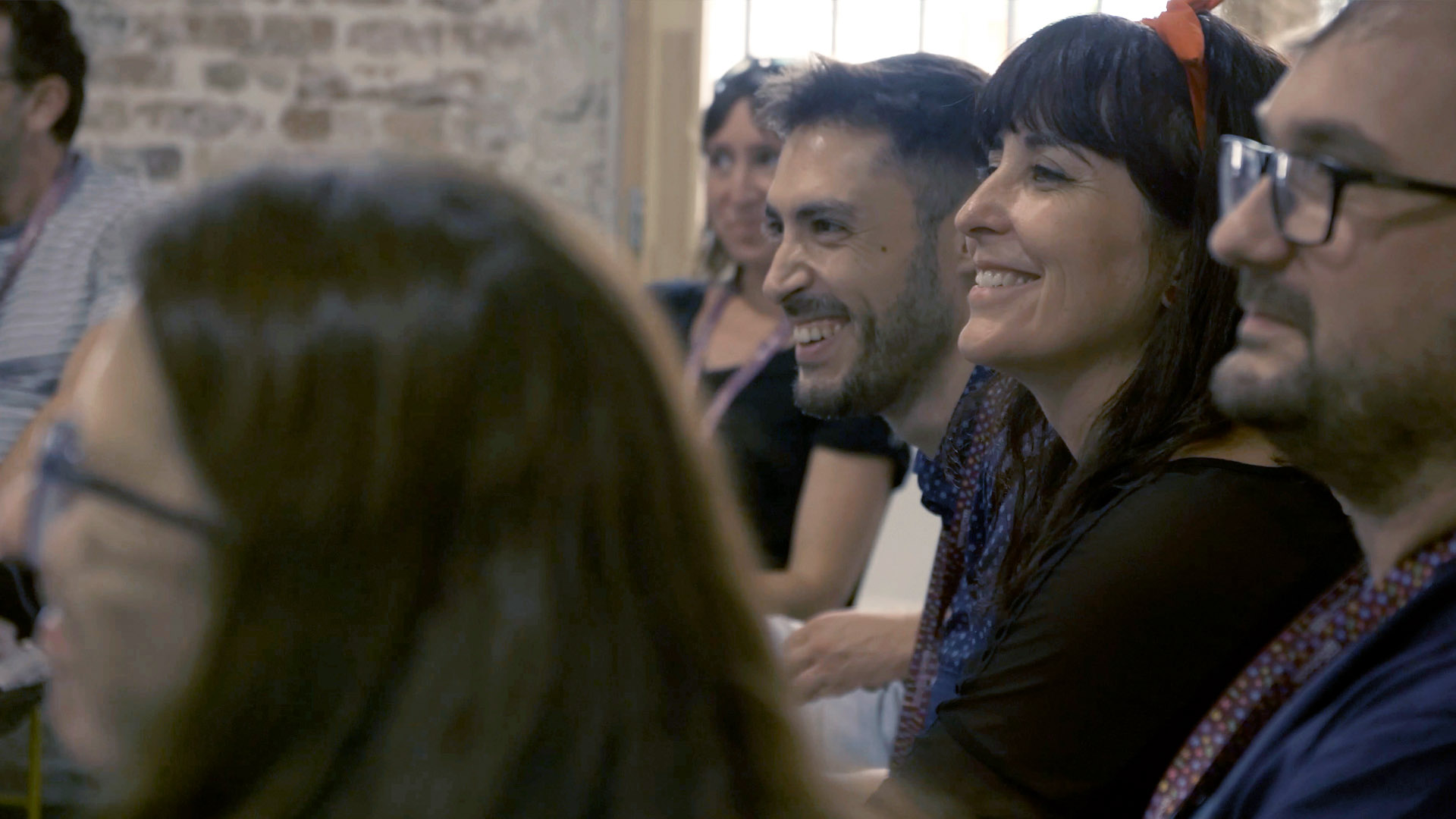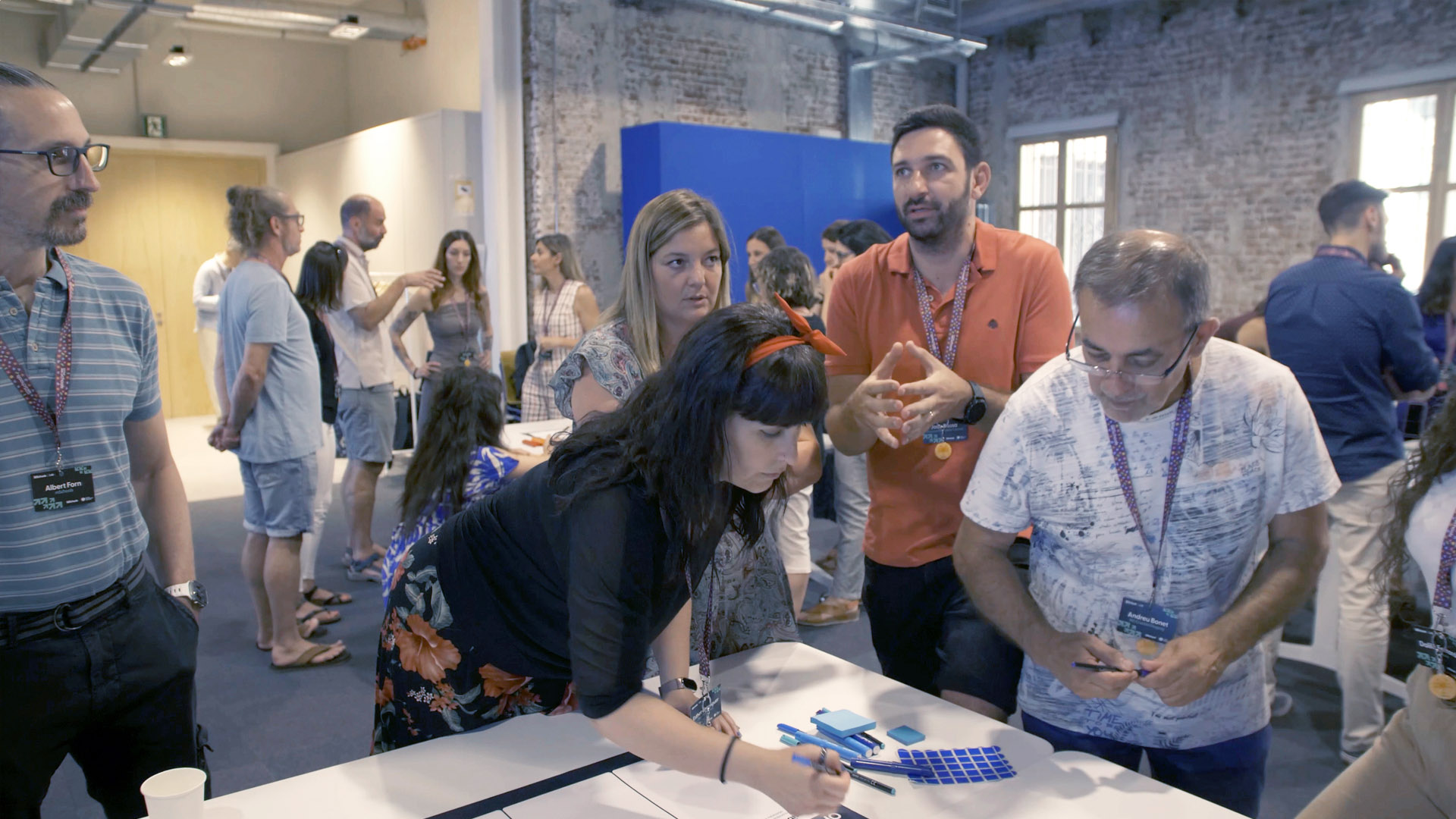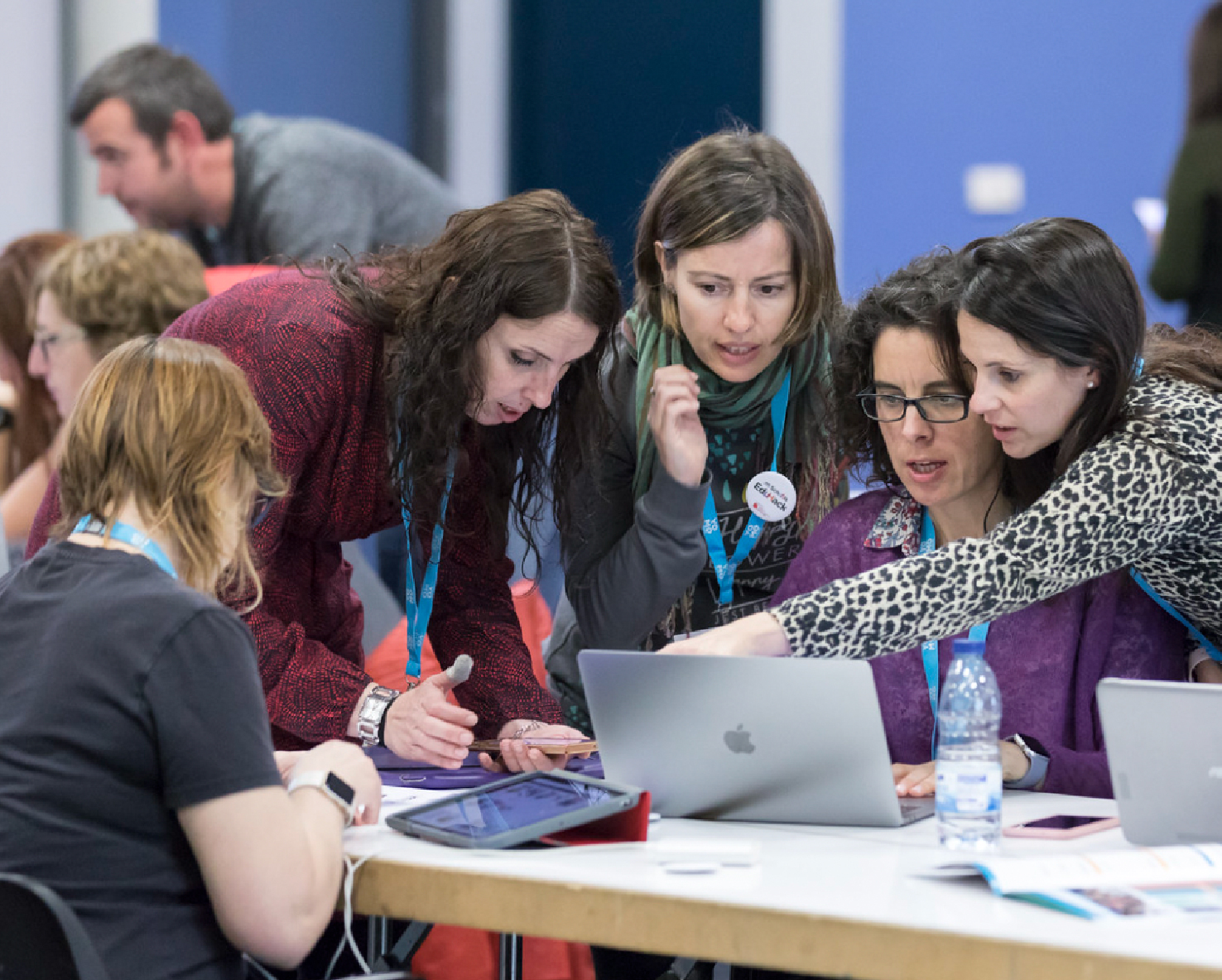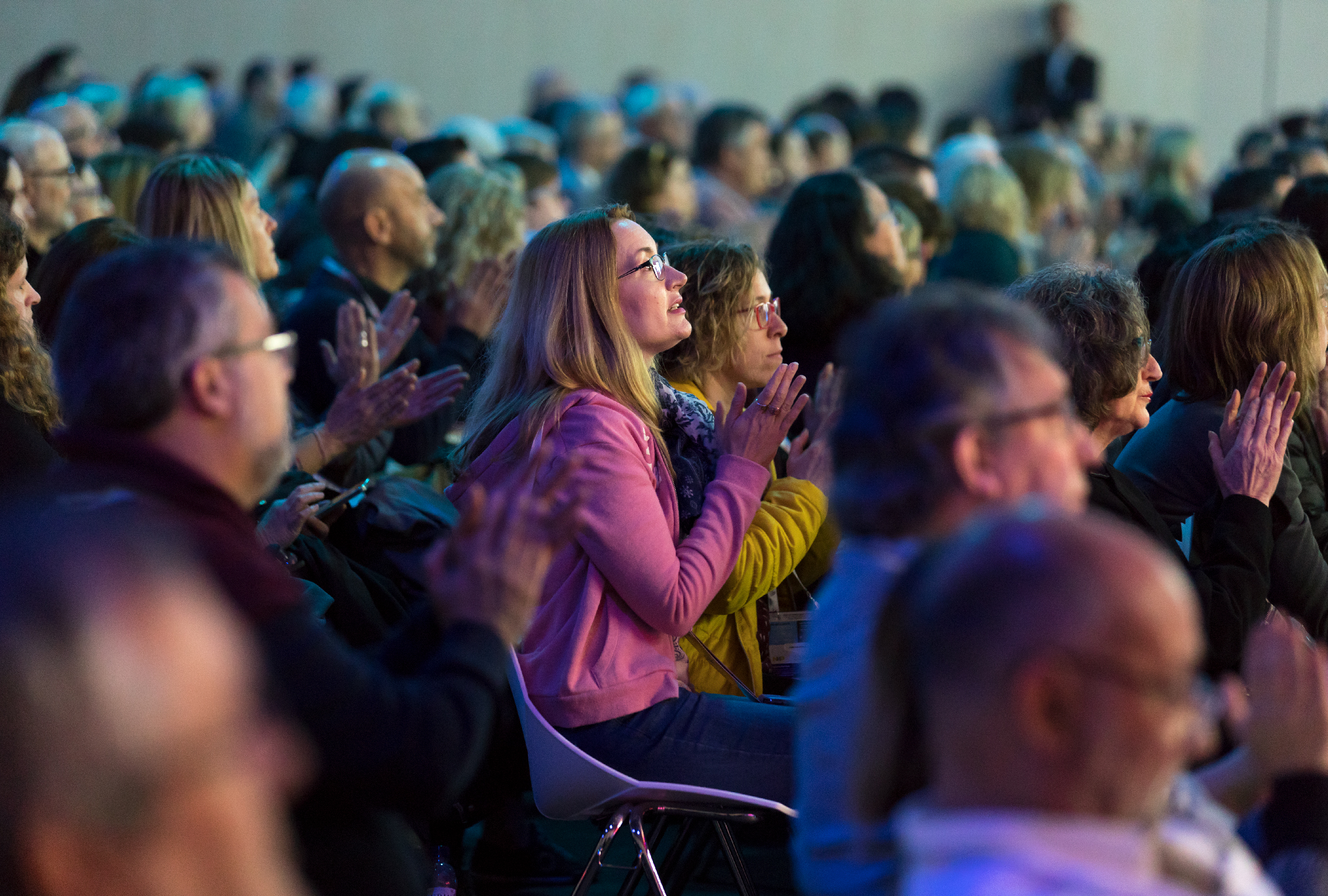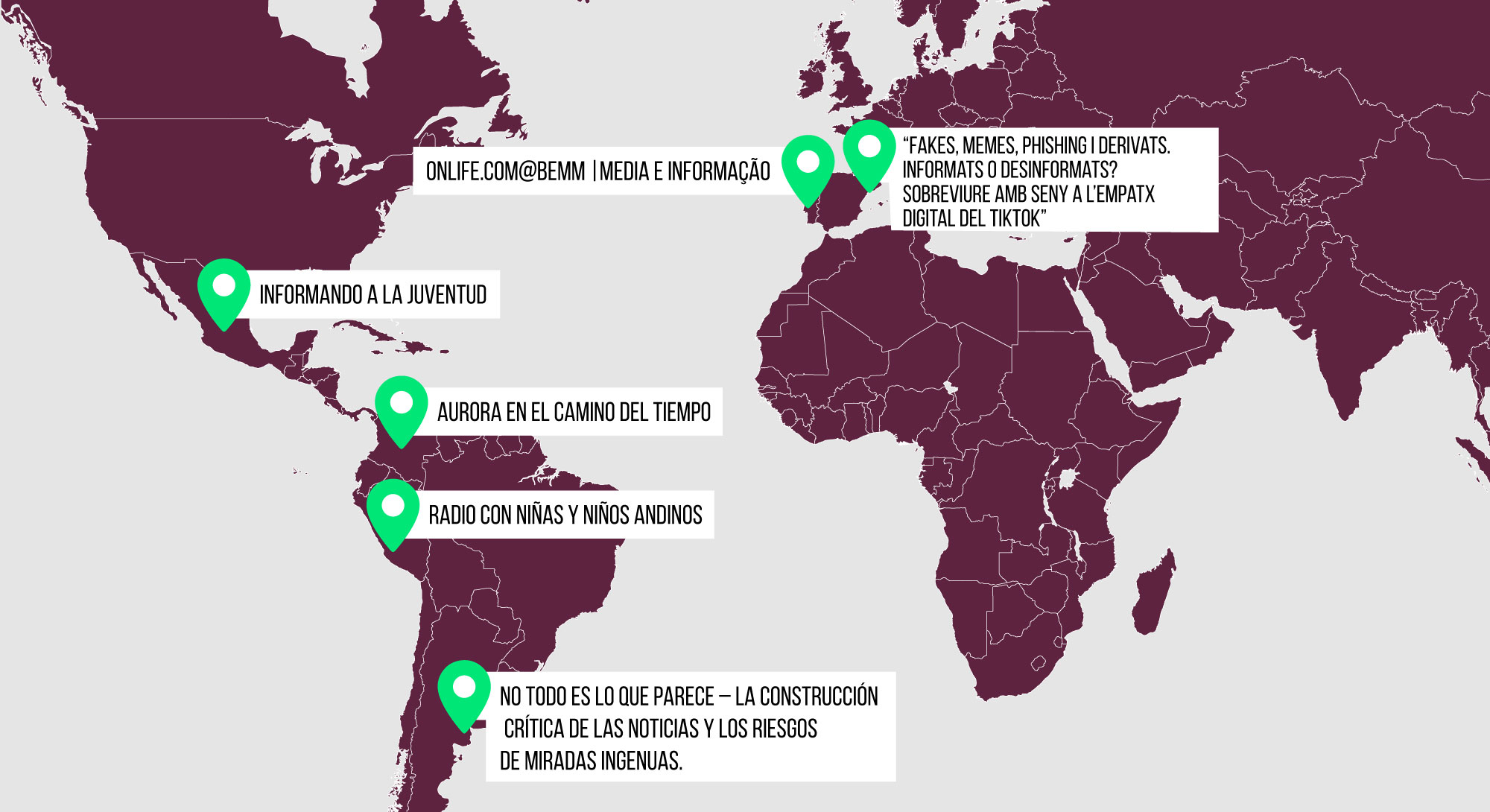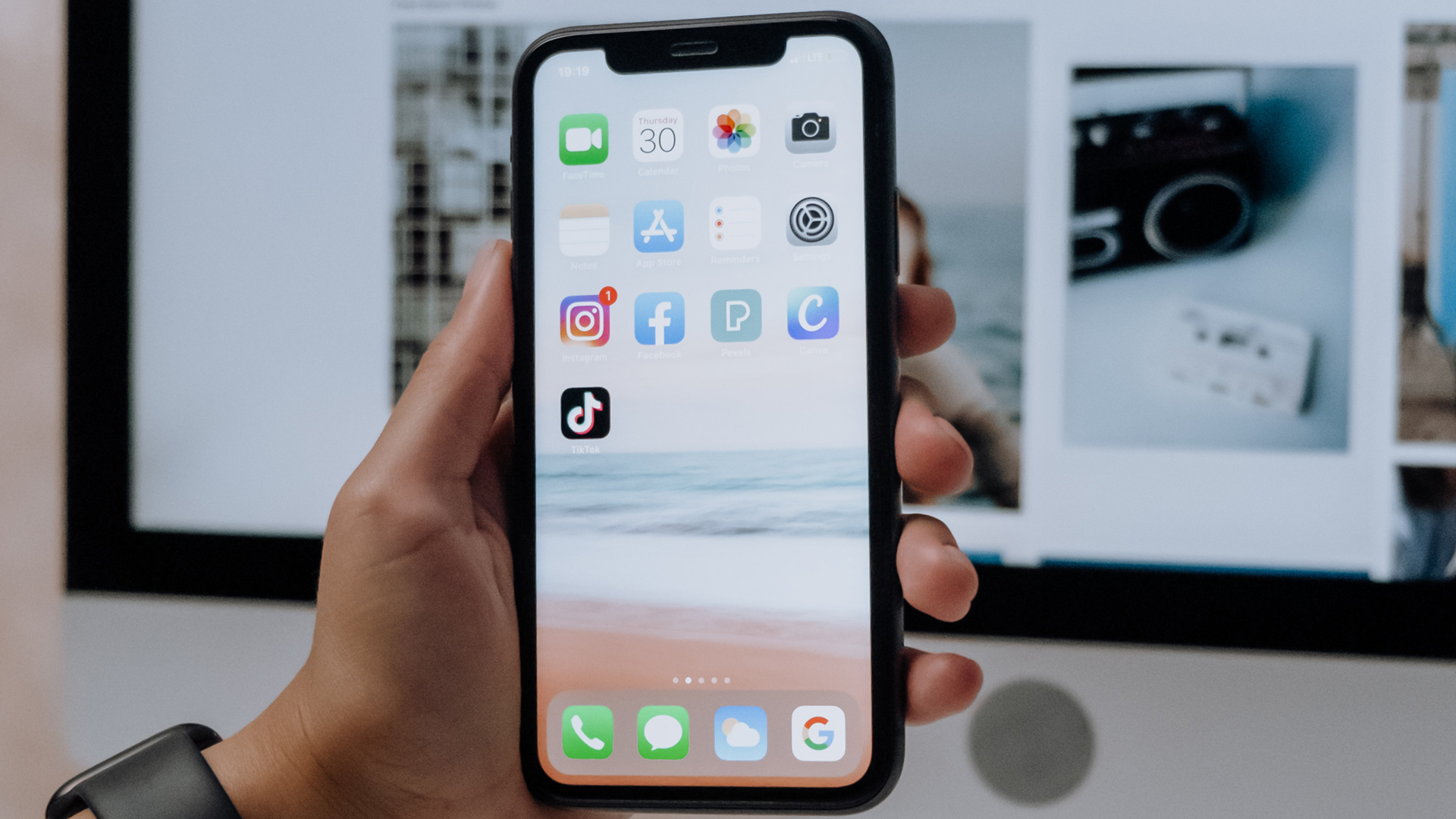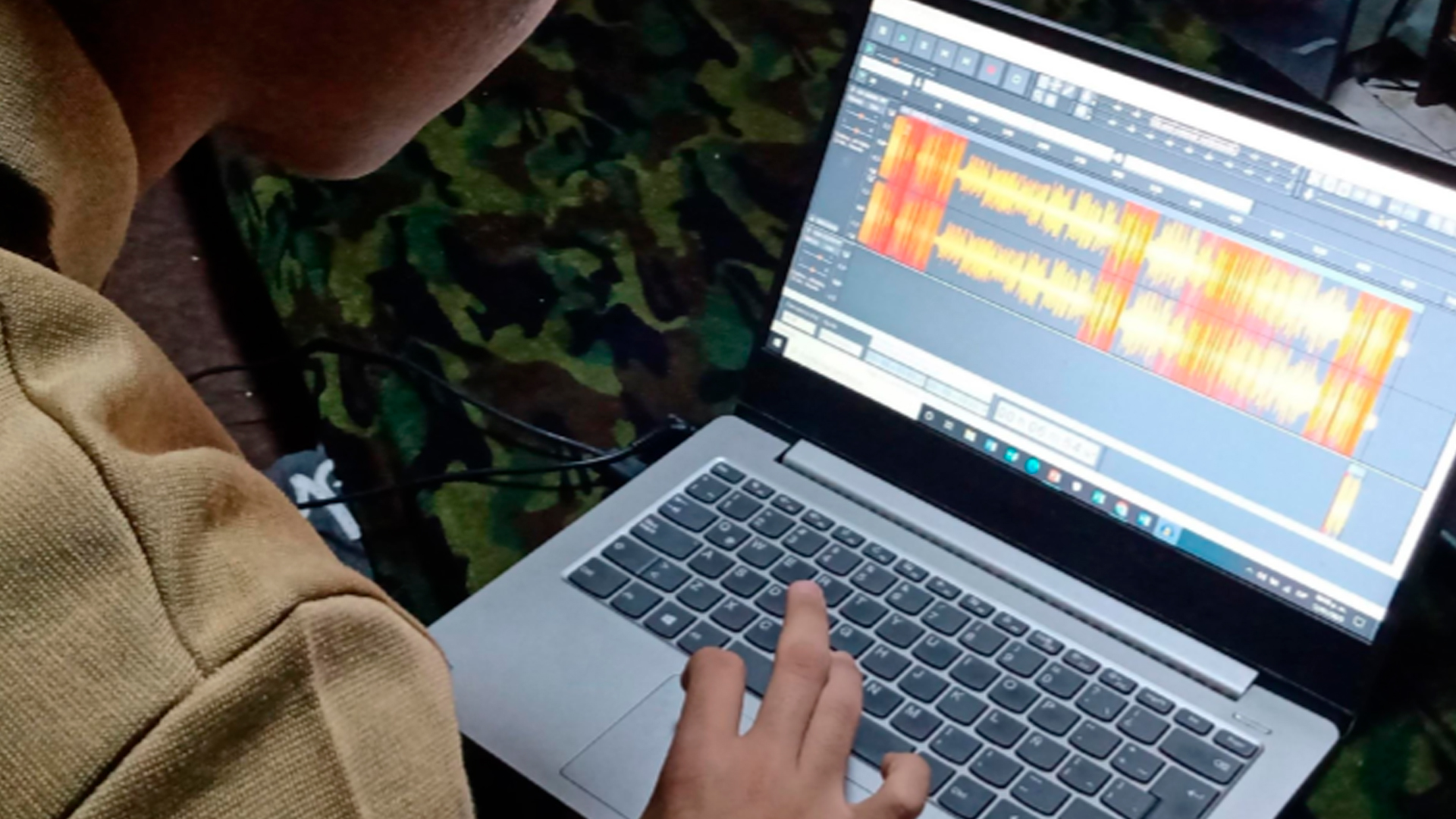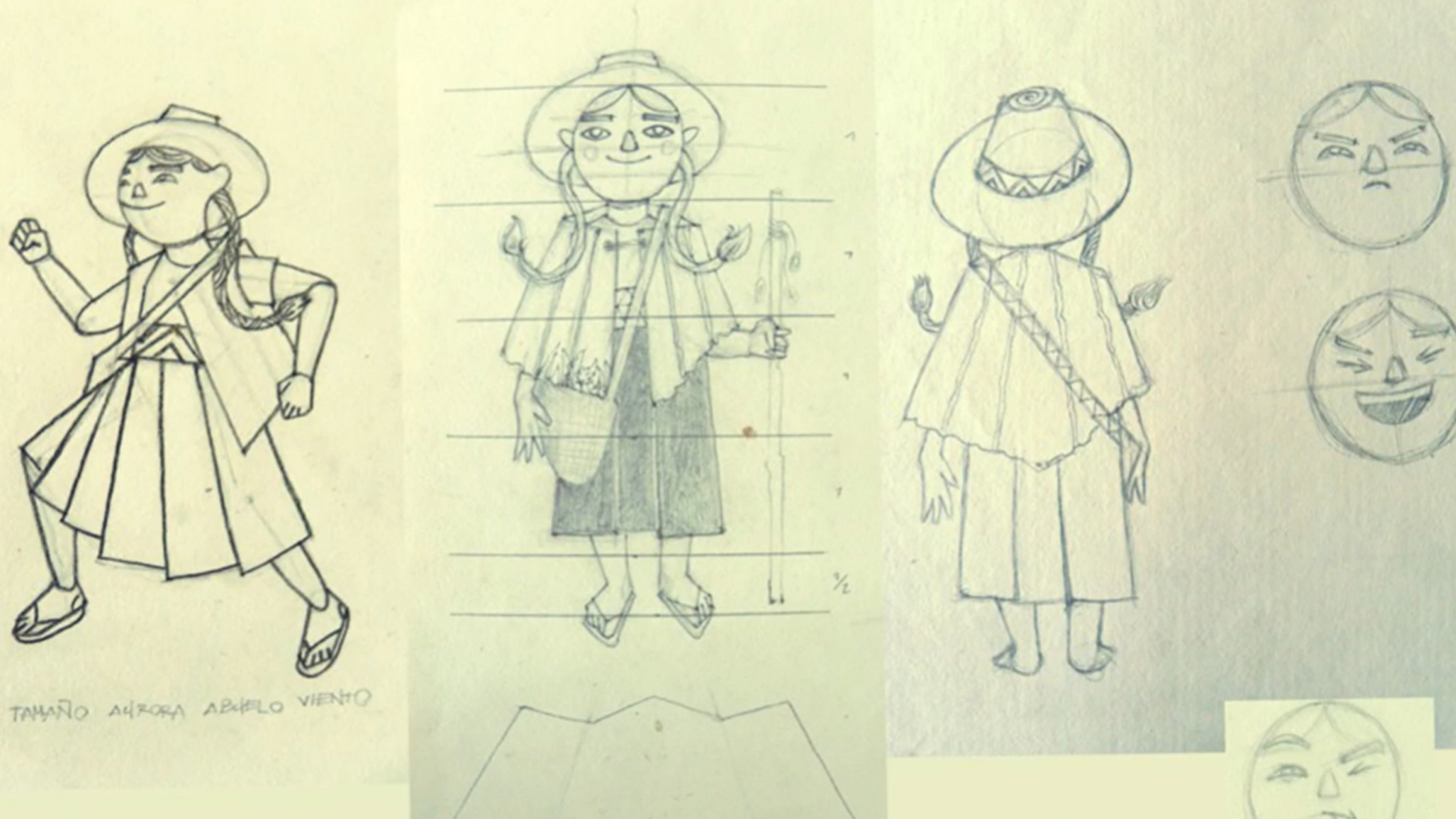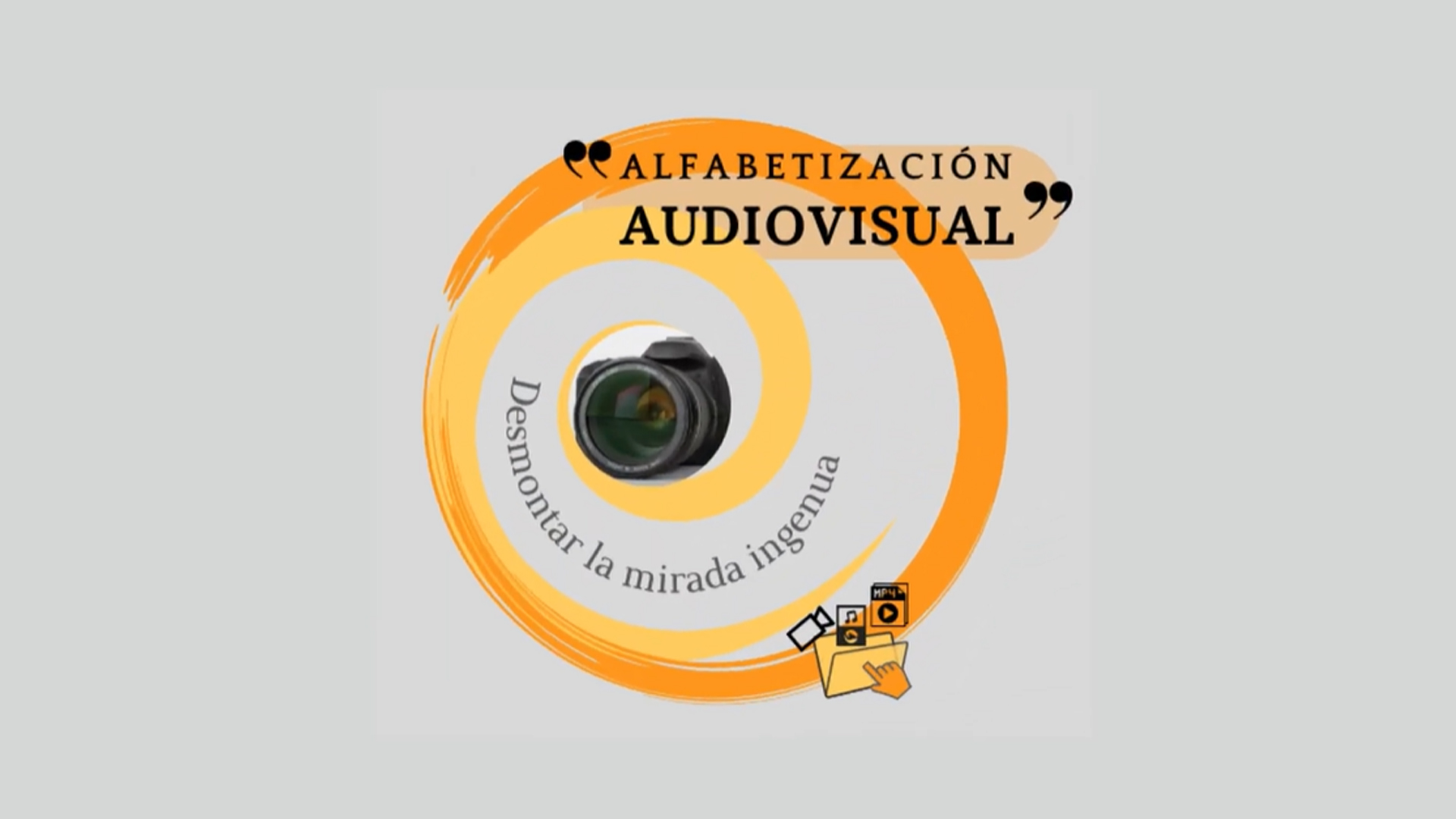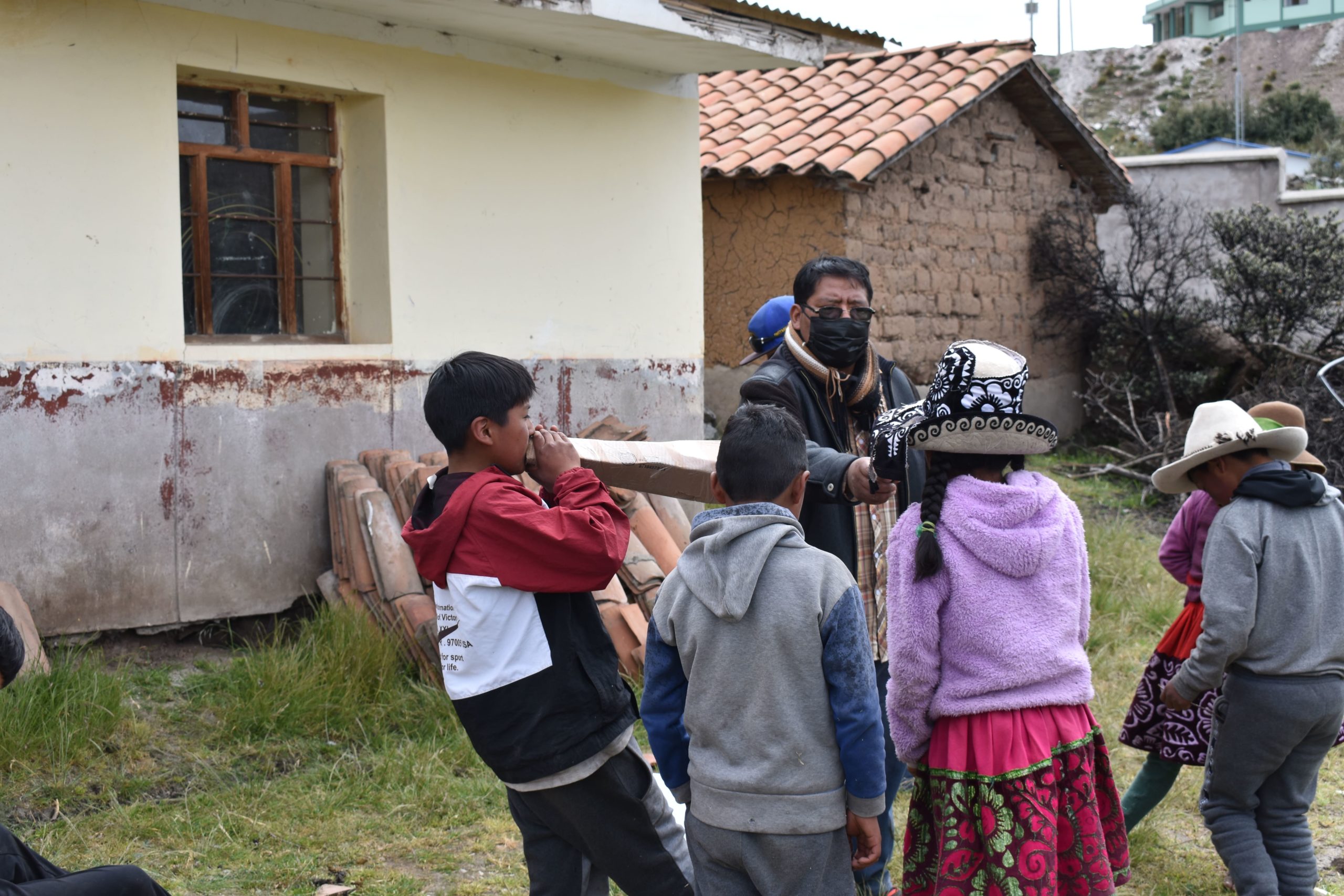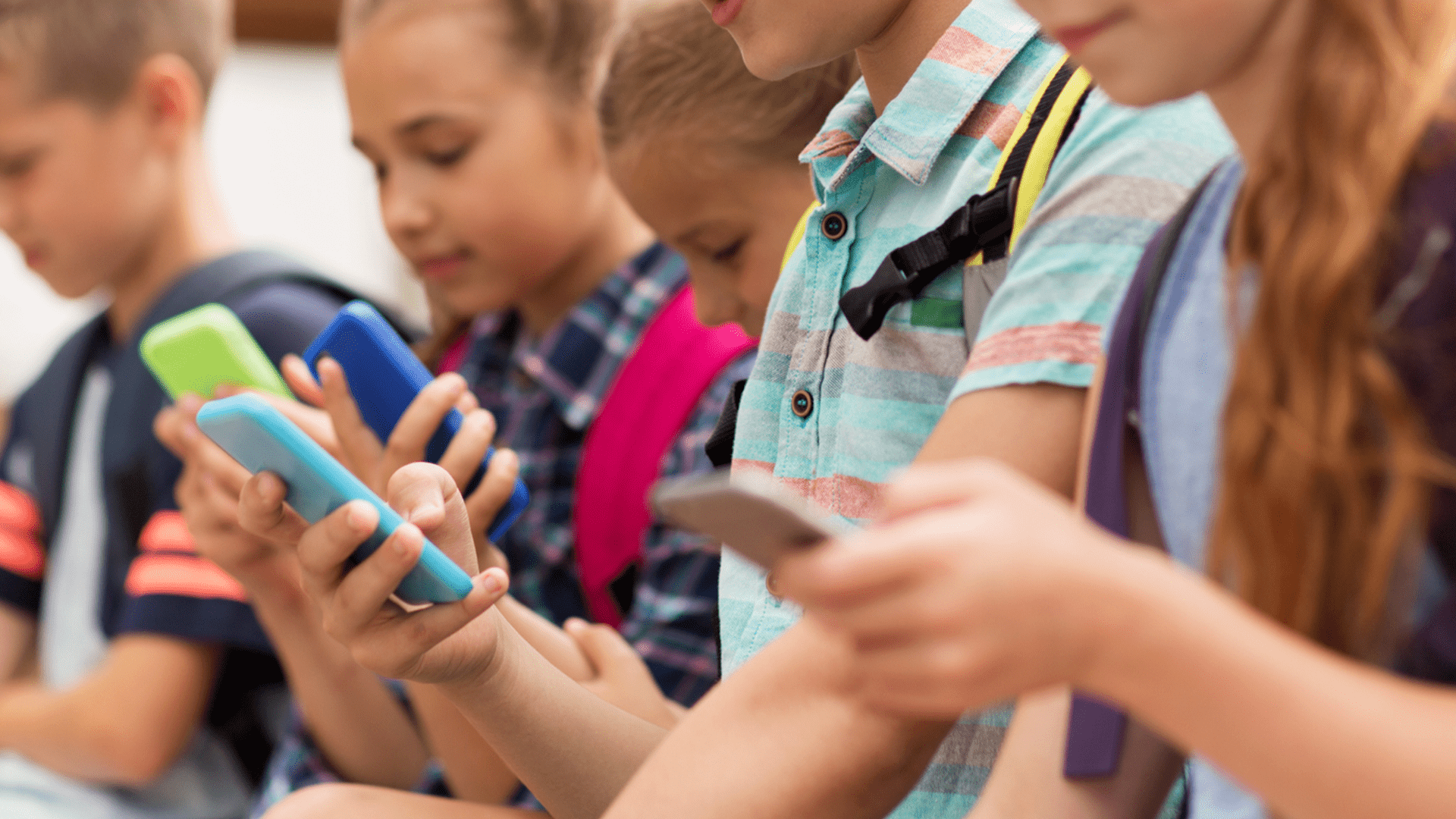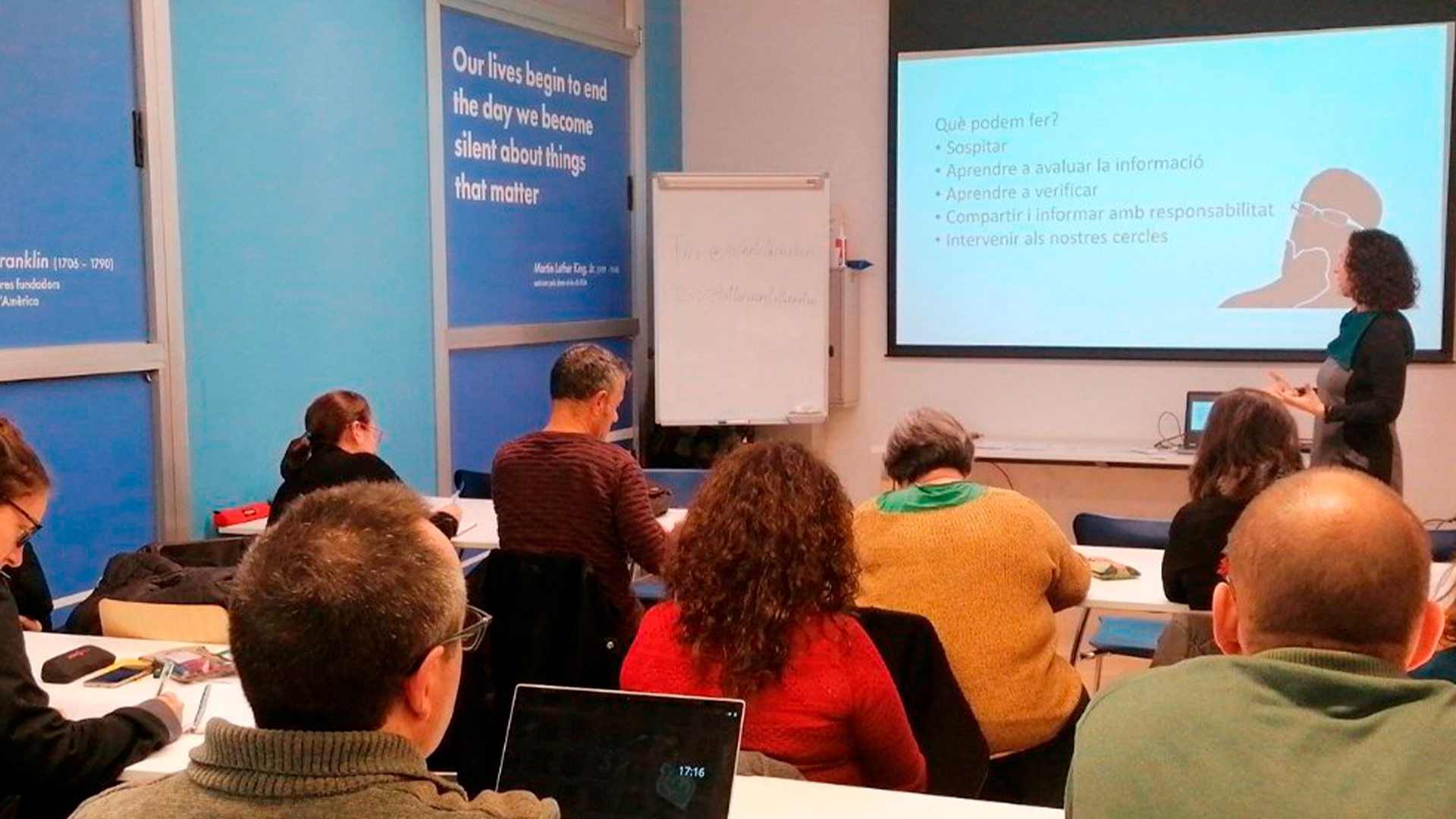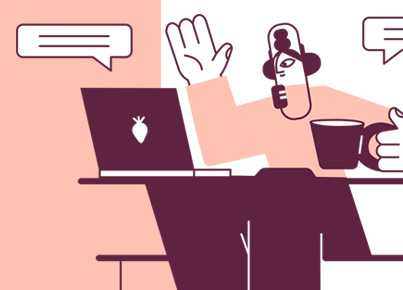mSchools Awards 2025 recognize and promote innovative educational proposals that use emerging digital resources and technologies to improve education and address social challenges. These awards encourage practices that combine digital humanism with the ethical and responsible use of technology, enhancing learning, inclusion, and the well-being of the educational community and society at large.
- La convocatòria
- Prizes
- Additional resources
Submit your project now! If you are working on or have developed a proposal that addresses at least one thematic area and integrates a digital resource, this is your opportunity to share it, gain recognition, and be part of the educational improvement movement!

Thematic areas
Digital resources and emerging technologies
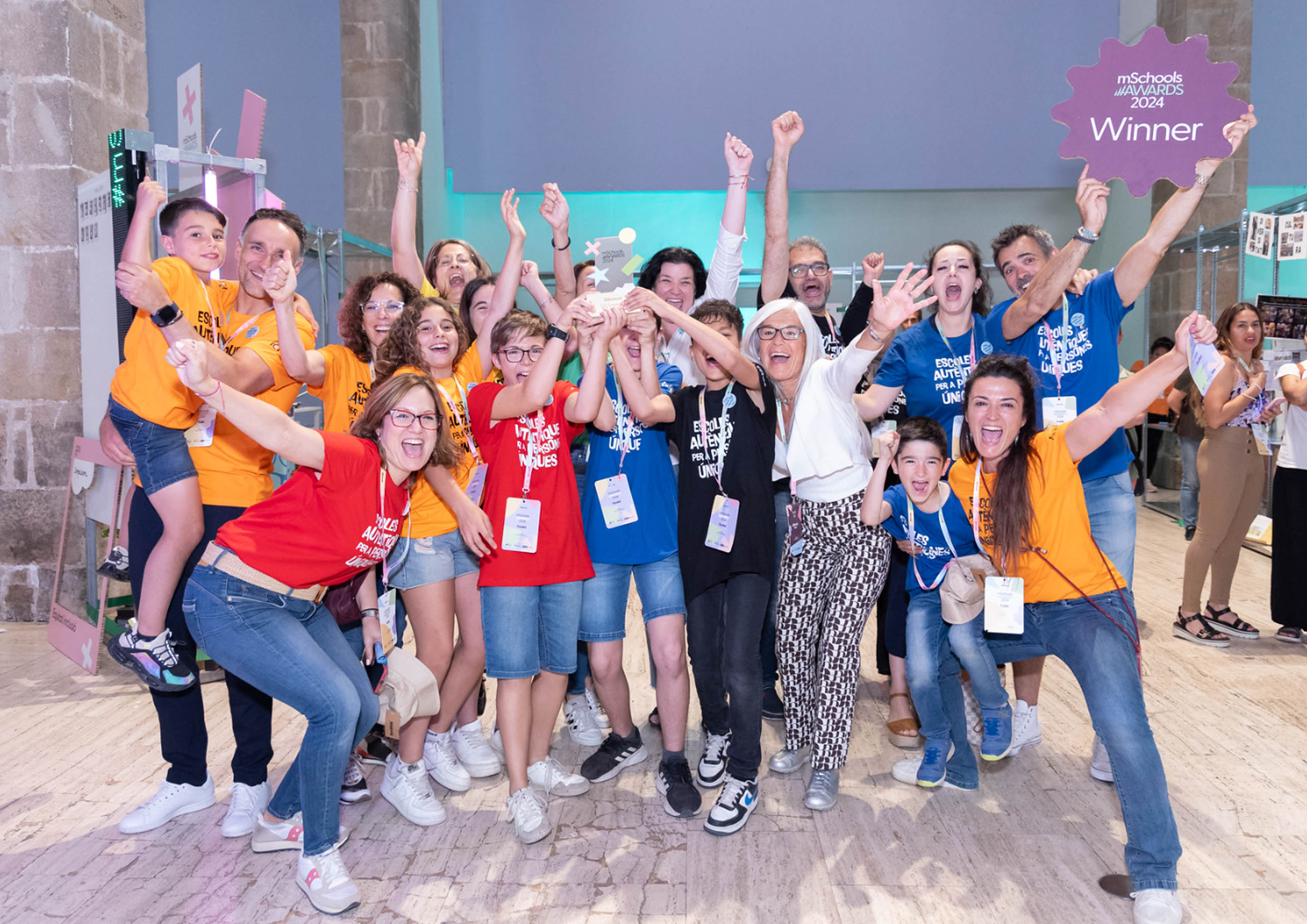
How to Participate?
Participants: All educational centers in Catalonia offering second cycle of preschool, basic education, high school, vocational training, youth justice centers, adult education centers, and official language schools can participate.
Projects must be collaborative and carried out by teams of students with a minimum of three members.
Types of centers: Public, private, and charter schools in Catalonia offering basic education and non-university post-compulsory education can register.
Registration: The responsible teacher must fill out the registration form available on the mSchools website. Additionally, the materials specified in the contest rules must be submitted, such as the final product developed, technical document, educational proposal, and an explanatory video created by the students.
Awards
Awards by thematic area
Awards by education level
Public’s choice award
Technology mentions

Registration form and materials to submit
Evaluation criteria

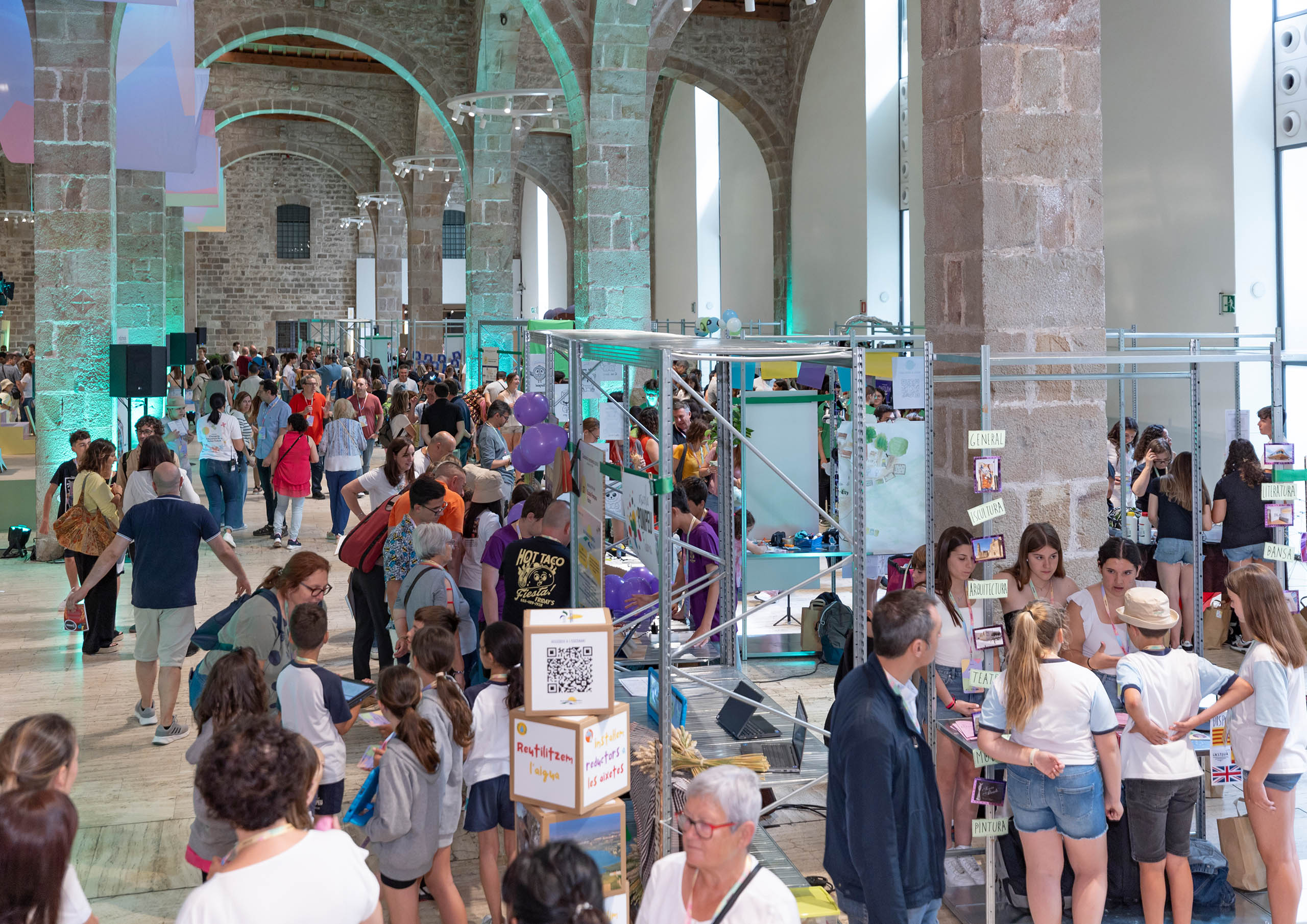
The Grand Final
Are you ready to transform the world?
Submit your proposal! If selected, you will attend the "Grand Final" — a day to share, communicate, connect, and learn.
One morning, hundreds of students, teachers, and innovative educational proposals.
And you, are you mSchools?
Consult additional resources for more details.
mSchools Awards 25 Guidelines
Evaluation Criteria
Template for the Educational Proposal
Anexo I - Premios
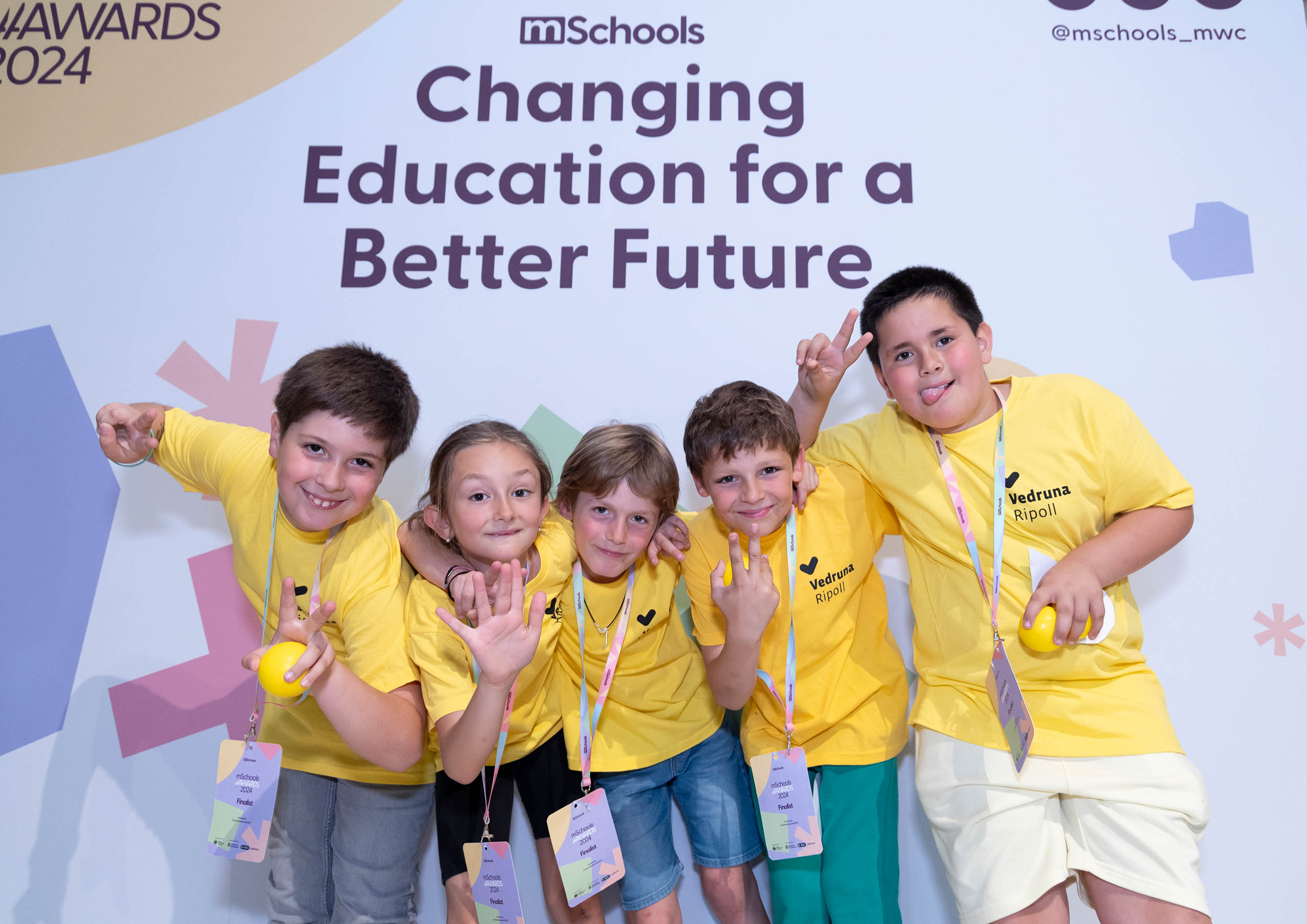
1. Prizes for social challenge
2. Educational Stage Award
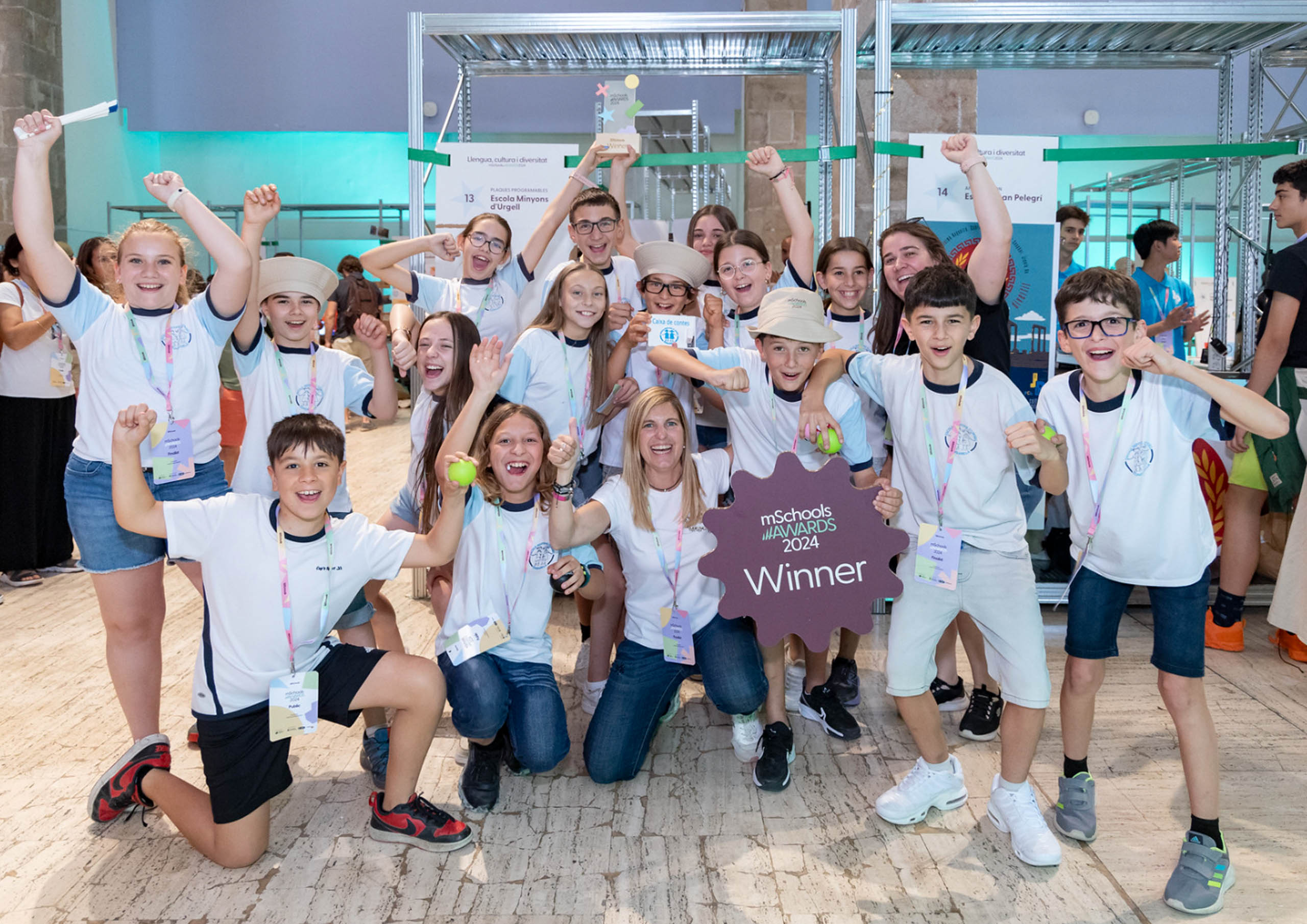
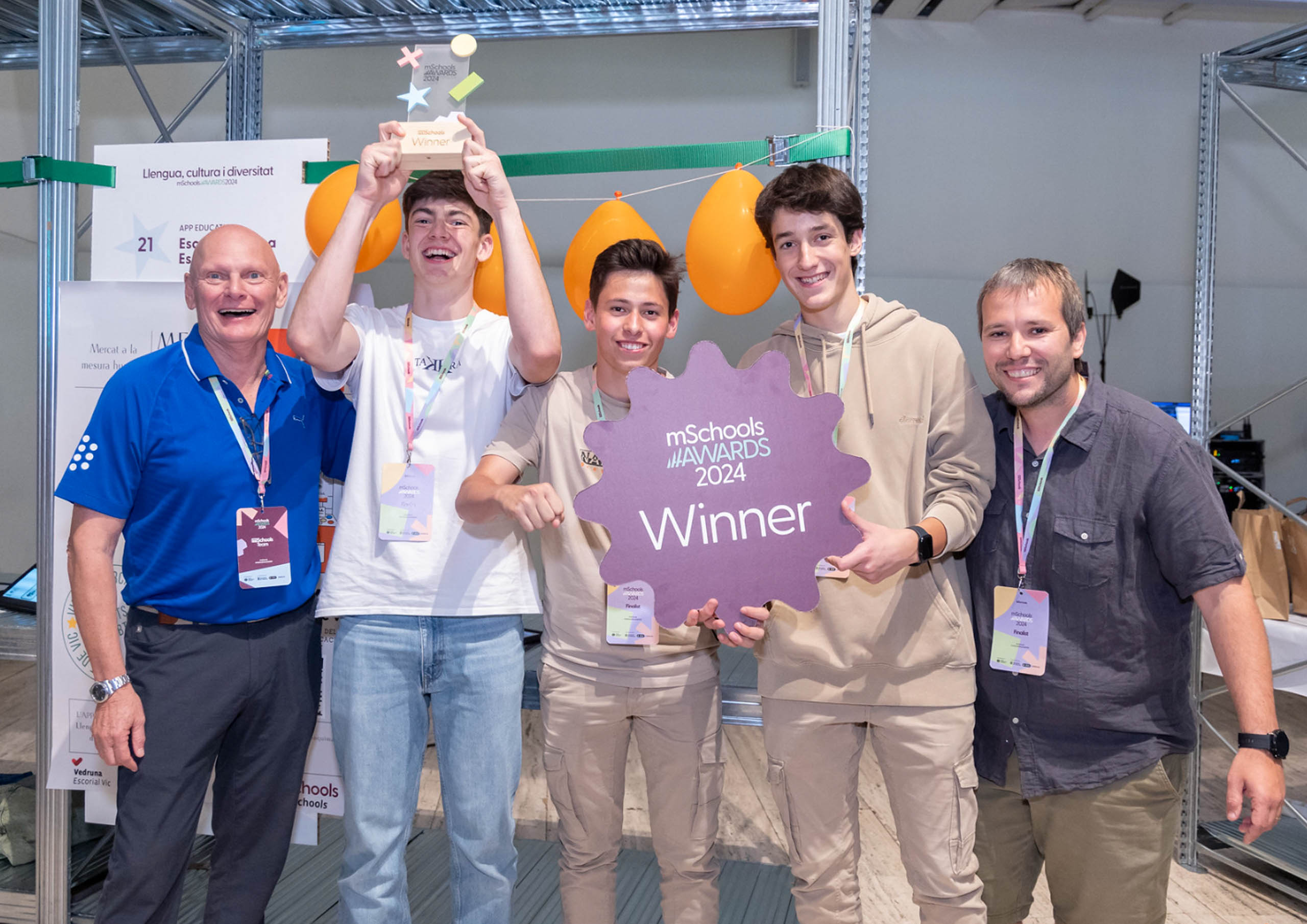
3. Public Award
4. Special Mentions in Technology


5. Additional Prizes for Students
Additional resources
Tutorial: How to Start Creating Your Proposal
15 recommendations for creating a winning proposal
mSchools Awards 25 Guidelines
Annex I - Prizes
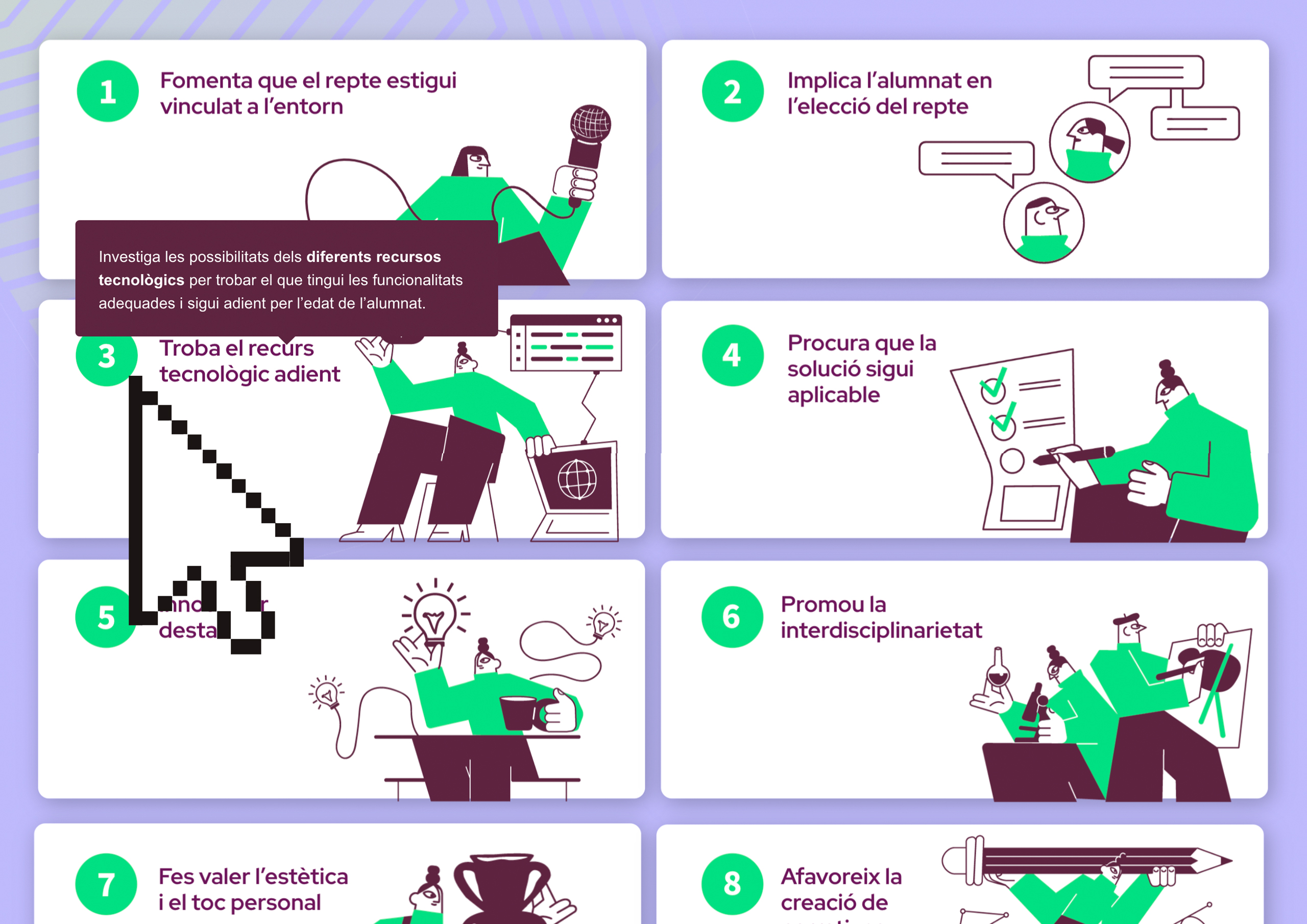
15 recommendations to take your classroom proposal to the next level!
Follow these tips to design and implement your proposal in the classroom and share it for the mSchools Awards.
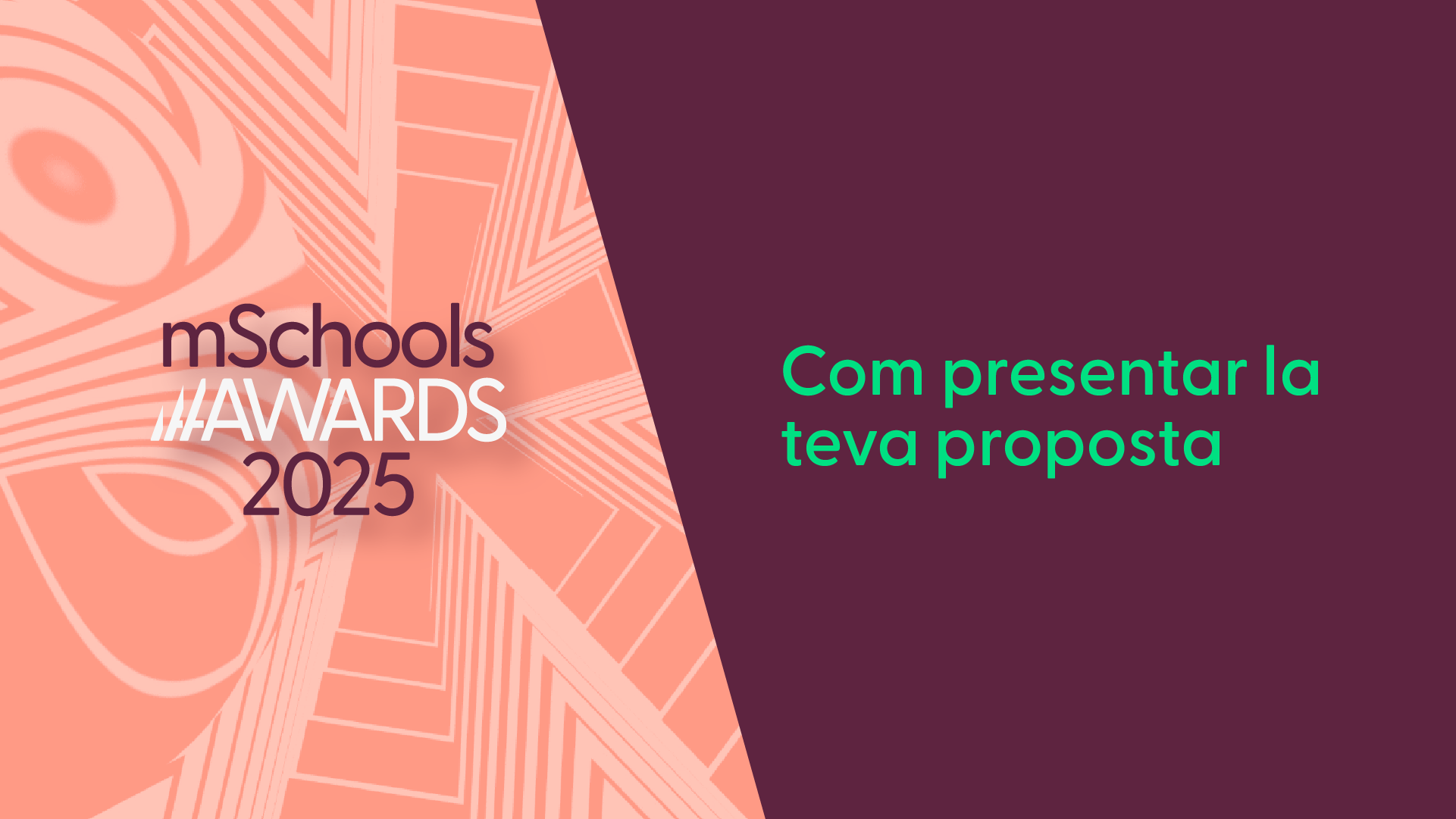

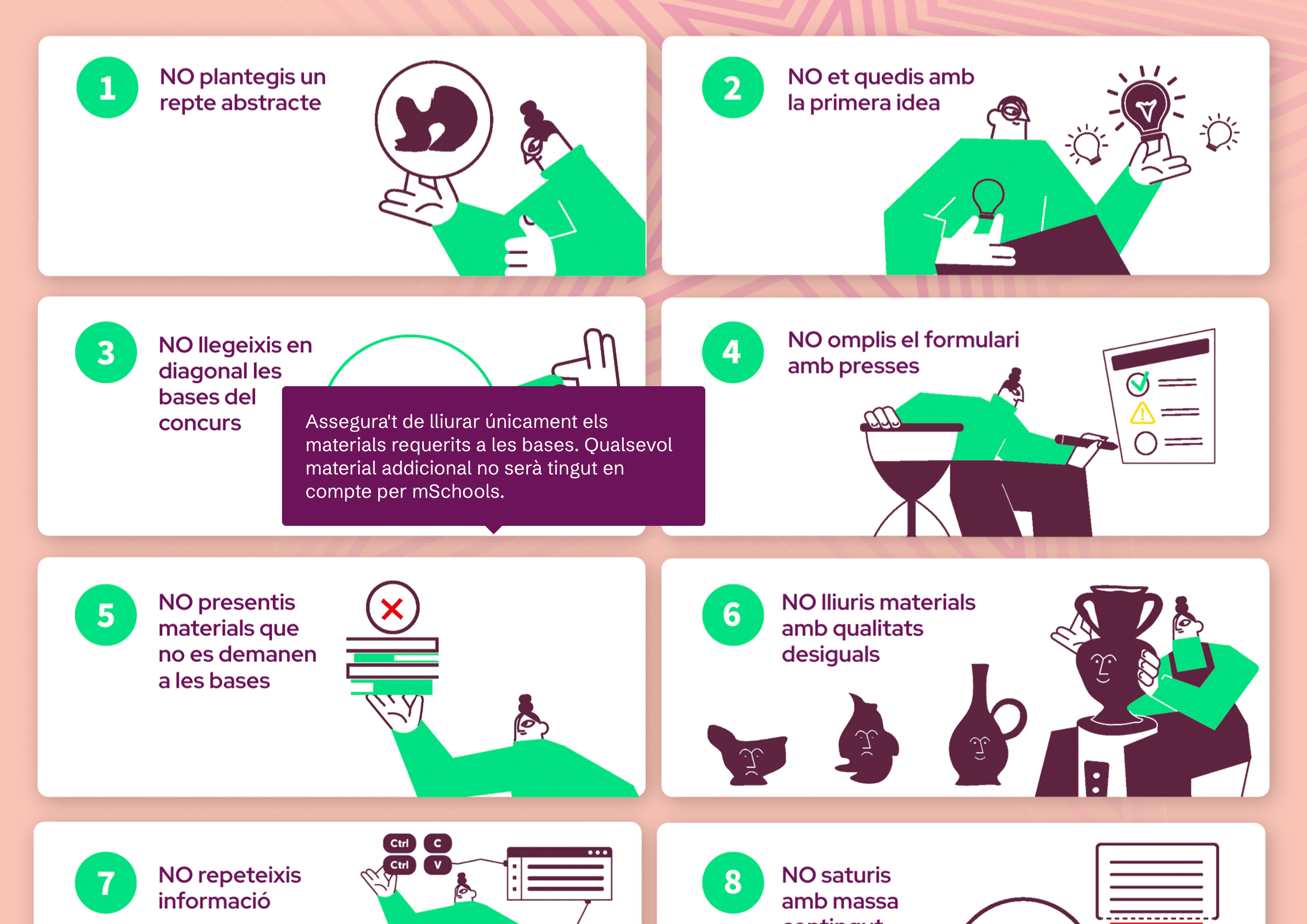
What NOT to do? Guide to practices to avoid
Discover which practices to avoid when developing and implementing your proposal for the mSchools Awards. Follow these 15 recommendations and make sure your project stands out!
Structure and present your proposal
This template will help you organize and highlight the key elements of your project, including contextualization, objectives, competencies, methodology, activities, and impact.
Open the template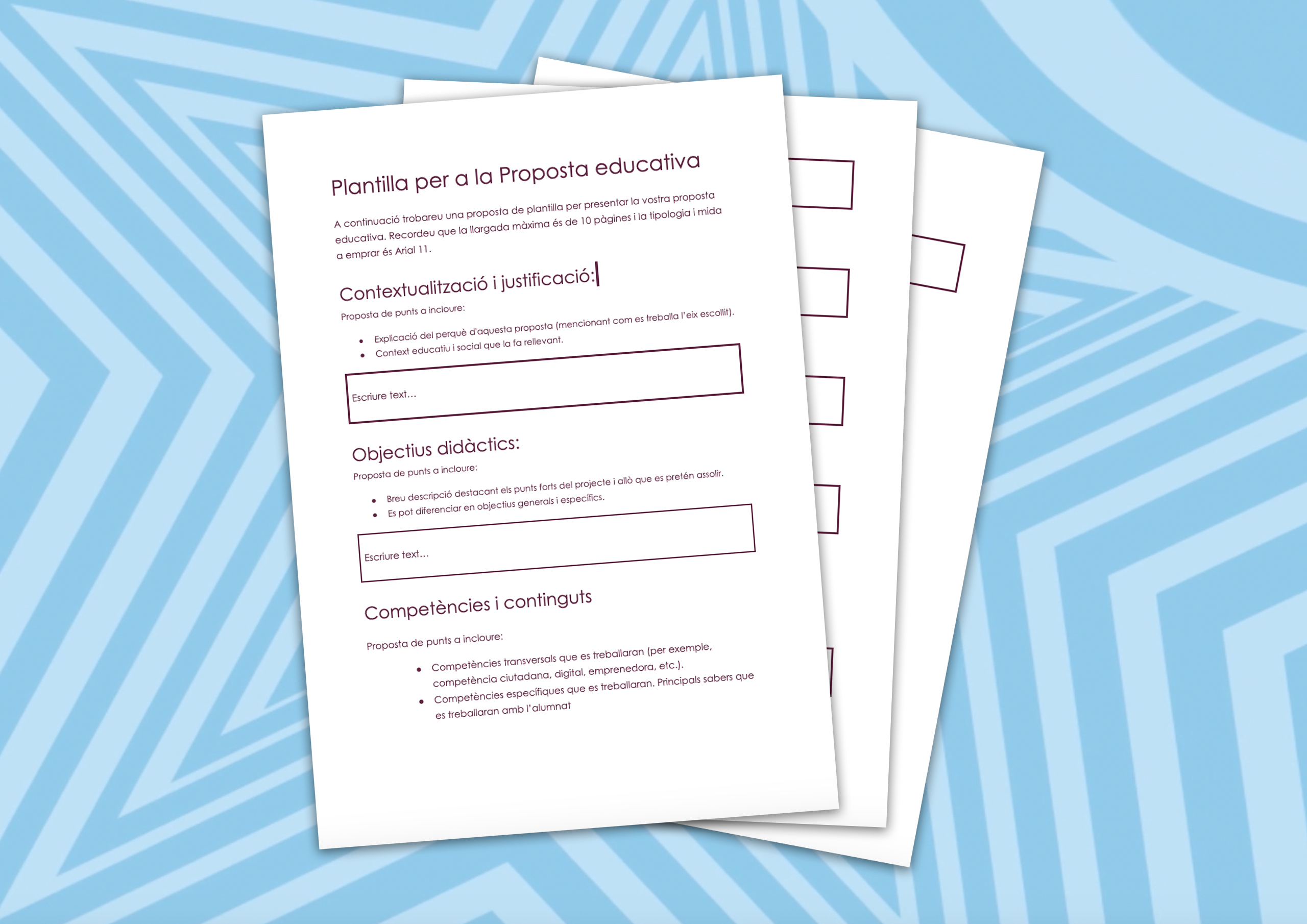
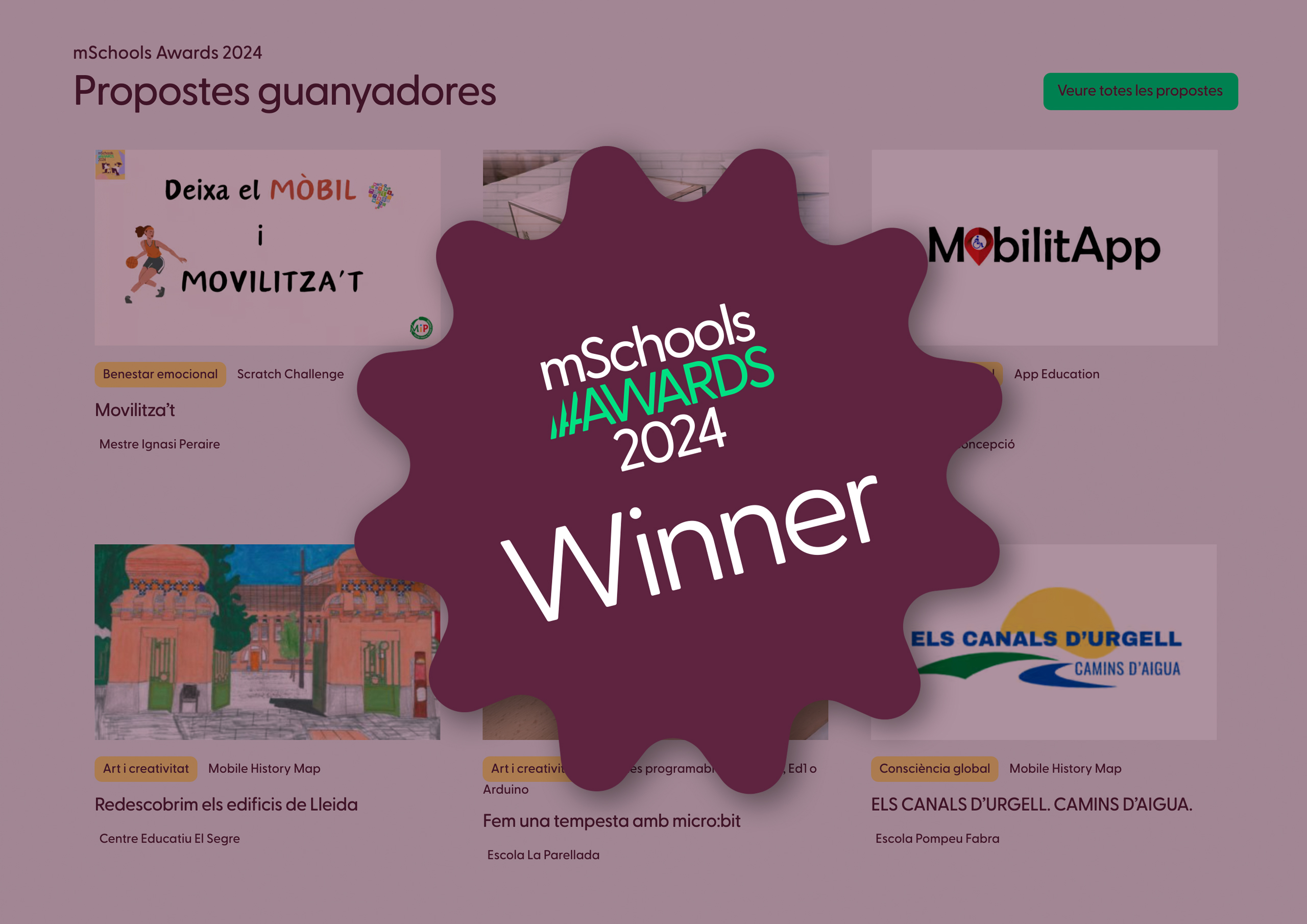
Get inspired by winning projects!
Check out the winning proposals from the mSchools Awards 2024 and discover how they addressed social challenges and integrated digital resources.
Frequently Asked Questions:
Can proposals that have been designed but not yet implemented in the classroom be submitted?
What happens if the proposal addresses more than one challenge?
What happens if the proposal includes more than one digital resource?
Can I submit a proposal that has already been submitted or awarded in other competitions?
Can I submit more than one proposal per teacher?
What is the minimum and maximum number of teachers and students per submitted proposal?
Proposals developed collaboratively among multiple educational institutions can also be submitted.



